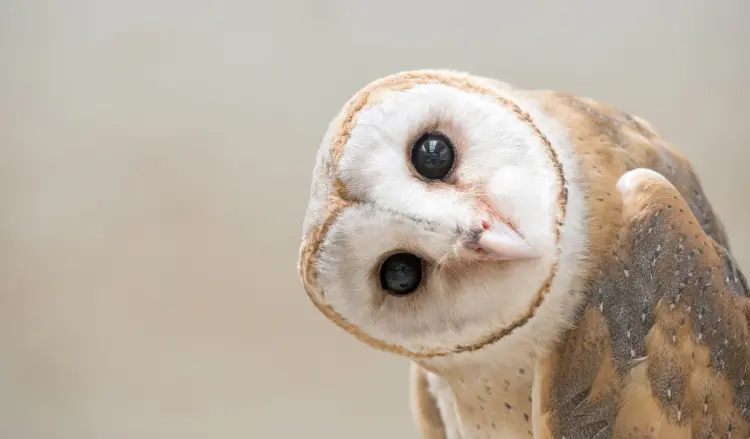An Omnibus Scrapbook of the BirdLife100 Global Congress & 100th Birthday
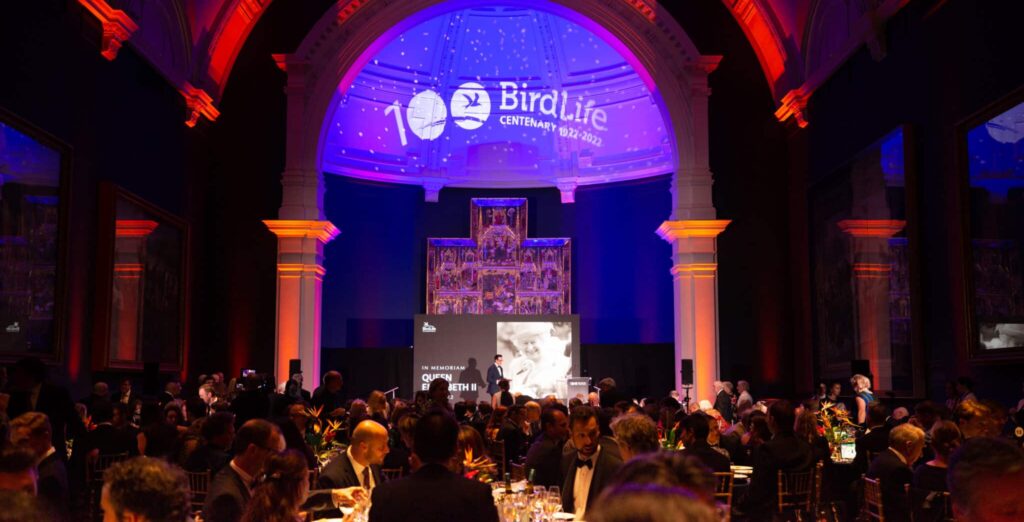
One month later, the Partner stands are packed up, the videos and photos taken have been organised and shared, and the discussions and presentations from the diverse colloquies exchanged have sparked new collaborations and lessons learned around the planet. BirdLife ended its Global Partnership Congress on a high note with a 100th anniversary celebratory dinner at London’s famed Victoria & Albert Museum on September 15th. But BirdLife’s partners from around the globe began to arrive the previous Sunday for a packed week of governance meetings and requisite votes to democratically elect its new Global Council and Chairman as well as regional committees. With 119 partners around the globe, this was in and of itself a mammoth organisational undertaking, with live feeds streaming through the planet's ether to those participants who attended virtually.
With the procedural business and discussions finished, attention moved to the Partnership meeting and thematic sessions at a range of Cambridge locations from its famed Guildhall and Corn Exchange to the BirdLife offices and seminar rooms.
But let’s look back briefly. A global congress of who exactly, and a 100th birthday? Pretty impressive.
A century ago, visionary conservationists concerned about the plight of the world’s birds and the wider environment came together to form an international movement.
Rooted in the foundations of a handful of campaigning national organisations, it steadily gathered momentum, spread its wings and eventually evolved into a powerful global voice for nature. The planet’s largest and oldest.
This is how the BirdLife story began.
At midday on 20 June 1922, a group gathered at the London home of the Chancellor of the Exchequer, Sir Robert Horne – then MP for Glasgow. United by their passion for birds, the group decided that co-ordinated international action was the answer to the various threats birds faced and founded The International Council for Bird Preservation (ICBP) – now BirdLife International.
“…by united action, we should be able to accomplish more than organisations working individually in combating dangers to bird-life.”
The 1922 ICBP Declaration of Principles
The people who met that day included Dr T. Gilbert Pearson, co-founder and president of the National Association of Audubon Societies (now National Audubon in the USA); Frank E. Lemon, honorary secretary of the Royal Society for the Protection of Birds (RSPB, now BirdLife in the UK); Jean Delacour, president of the Ligue pour la Protection des Oiseaux (LPO, now BirdLife in France); and P.G. Van Tienhoven and Dr A. Burdet of the Netherlands.
The organisation’s early concerns, which remain central for BirdLife today, included the protection of migrating birds, the identification and protection of the areas where birds congregate in large numbers, and the most important sites for threatened birds.
And so 100 years later, the now 119 global partners of BirdLife International, from all the planet’s continents, gathered in September 2022 both virtually and in person.
Her Imperial Highness Princess Takamado, BirdLife’s Honorary President, opened the Partnership meetings with an inspiring and thought provoking speech via video, just one among many important interventions she made throughout. All will remember that Her Majesty Queen Elizabeth II died on September 8th at the age of 96 after a lifetime of service, marked by a love of nature and the wilderness. This unfortunately meant that Her Imperial Highness understandably felt unable to attend our Congress in person due to the period of national mourning.
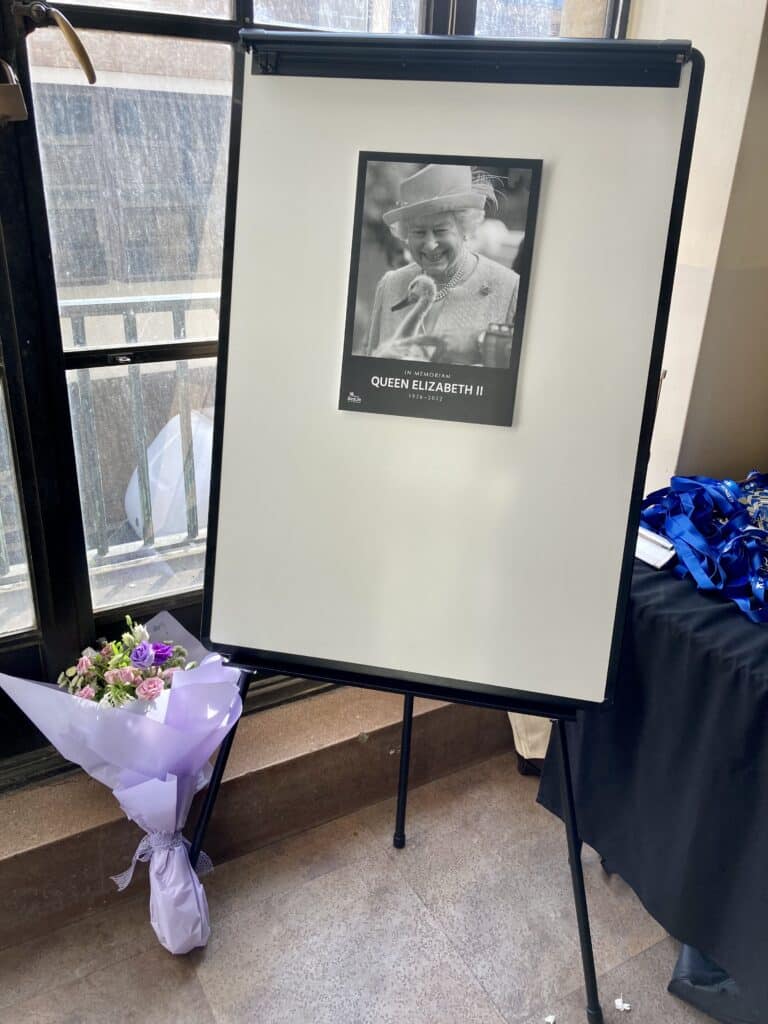
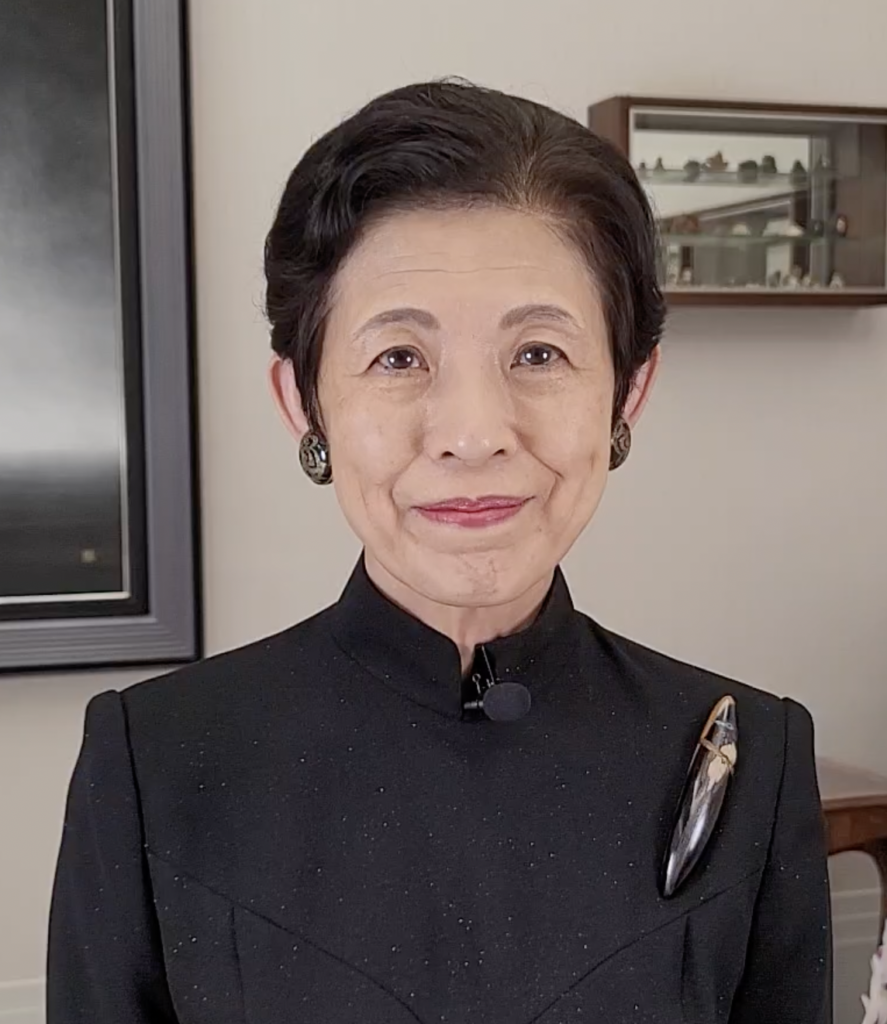
As Her Imperial Highness pointed out, It’s Time is our centennial slogan. 100 years of history, 10 years to act, and 1 year to inspire.
“It’s Time to step back, decide on the world that we want, and draw up a plan, but make sure that it is truly science-based. Even so, we also have to be flexible—I learnt that from birds, too—because we have come too far down a dangerous path, and our journey back to safety will require careful monitoring and manoeuvring. The human species is a part of an intricate web that holds the life of this planet together. We are in an incredibly dangerous phase of human history, and the decisions and actions we take now are of vital importance to our own survival as well as to the entire future of our planet.”Her Imperial Highness Princess Takamado, BirdLife’s Honorary President
This opening event and others during the week opened with the global rhythms of the new BirdLife100 anthem featuring BirdLife partners from around the world. Written and performed by Tim Arinaitwe and his band based in Nairobi, the song brilliantly captures the syncopation inherent in the BirdLife family. Many will remember their wonderful 1Planet1Right campaign song so powerful in the lead up to the United Nations overwhelmingly endorsing the universal right to a healthy planet in July of 2022.
And so over the days that followed, a wide and diverse range of seminars and presentations were held to expound on diverse conservation successes, challenges, and aspirations. Partners eagerly shared and exchanged their ideas and problems, pleased after COVID to be finally face to face to share their solidarity and the value of our global family.
Concurrent with the first day of partnership regional meetings, an inaugural working group of BirdLife International Youth Leaders assembled to begin discussions and workshops on how to better mobilise their generation around the globe to advocate and work with BirdLife’s national partners and its global governance.
The self-evident reality is that their generation is the one which will reap what previous generations have sown with their disregard for climate change and biodiversity loss. Generously empowered by Canon Europe and Middle East and the EU’s Erasmus+ project, young leaders from countries as diverse as Palau, Paraguay and Portugal debated effective engagement strategies using social media, activism, and influencing power.
Canon’s sponsorship of the BirdLife Youth Leaders, with the European Union’s Erasmus+ programme, is influenced by their company vision to operate according to the kyosei philosophy of living and working together for the common good. This vision informs their brand purpose in using imaging to transform our world, and their education initiatives supporting disadvantaged young people across Europe, Middle East and Africa.
Alongside building their knowledge and understanding of environmental challenges, Canon equipped the Young Leaders with their Canon PowerShot ZOOM product. The innovative monocular will enable them to explore and report sightings of bird species and thereby support BirdLife’s work in preventing future extinctions.
Their goal with BirdLife globally is to empower the next generation to create a positive impact on society and on our planet, through documenting and reporting with the Canon PowerShot ZOOM.
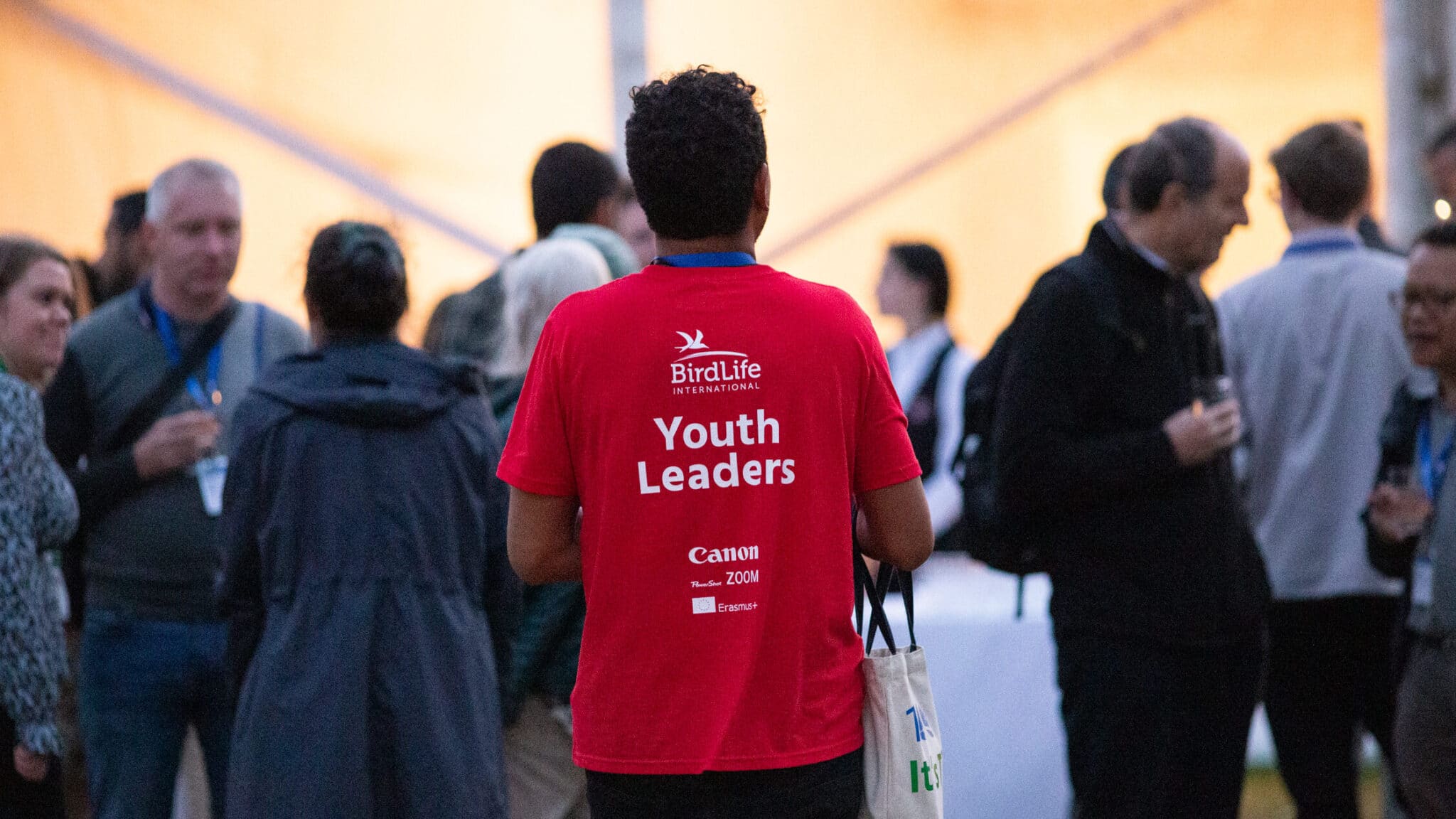
The second day of the Global Congress was enriched by the Partnership Fair at which partners and regions had booths to share some of their work and easily meet with other partners and guests. Held in Cambridge’s famous Corn Exchange, a well-known music venue, it closed with a mesmerising performance by the musician Jarvis Cocker who played music he had composed as part of the Birdsong project.
The National Audubon Society, one of BirdLife’s US partners, sponsored Cocker’s appearance as well as those of famed musical artists Olivia Chaney and David Rothenberg who performed at our closing anniversary dinner at the Victoria & Albert in London on the Thursday. For the Birds: The Birdsong Project is a collection of 172 pieces of new music inspired by the beauty of birdsong, performed by artists from across the musical spectrum. Comprised of 20 LPs, each with original cover art, this deluxe box set also features 73 works of bird-inspired poetry, read by familiar and famous voices. All proceeds from For the Birds: The Birdsong Project benefit The National Audubon Society.
That evening the RSPB, BirdLife in the UK, hosted a Partnership dinner for all in Cambridge University’s magnificent King’s College. The evening featured Partner Achievement Awards and BirdLife Member of Honour awards.
The Partnership fair was also an opportunity for the launching of BirdLife’s LGBTQ+ affinity group for global partner and BLI staff. As one of the original members of the group, scientist Alex Berryman, wrote in an article published during Pride month:
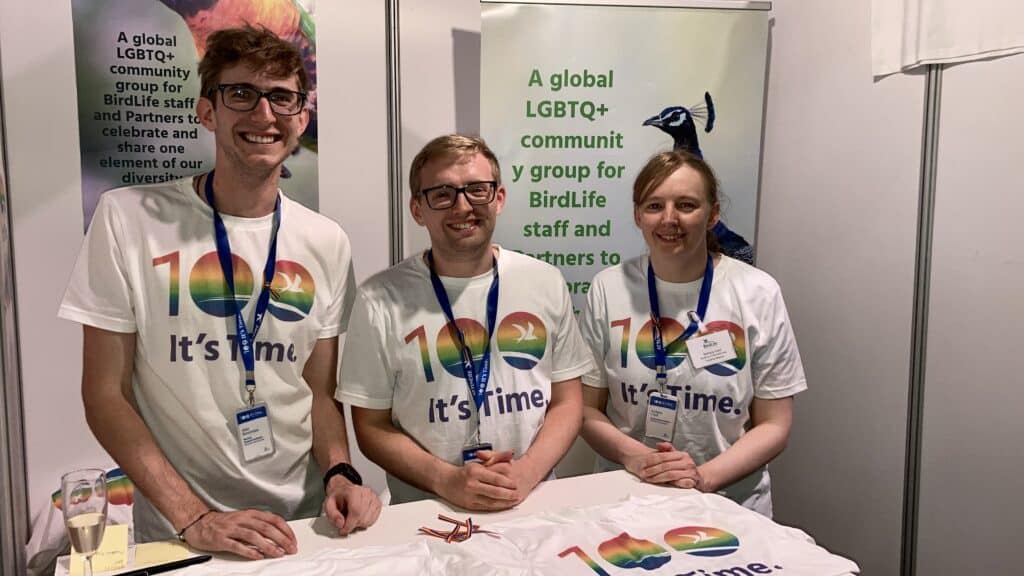
“With equal and inclusive workspaces, alongside the moral imperative, comes good science and conservation. A diverse pool of individuals, each with their own experiences, can offer different perspectives, bring different ideas and challenge different assumptions.”
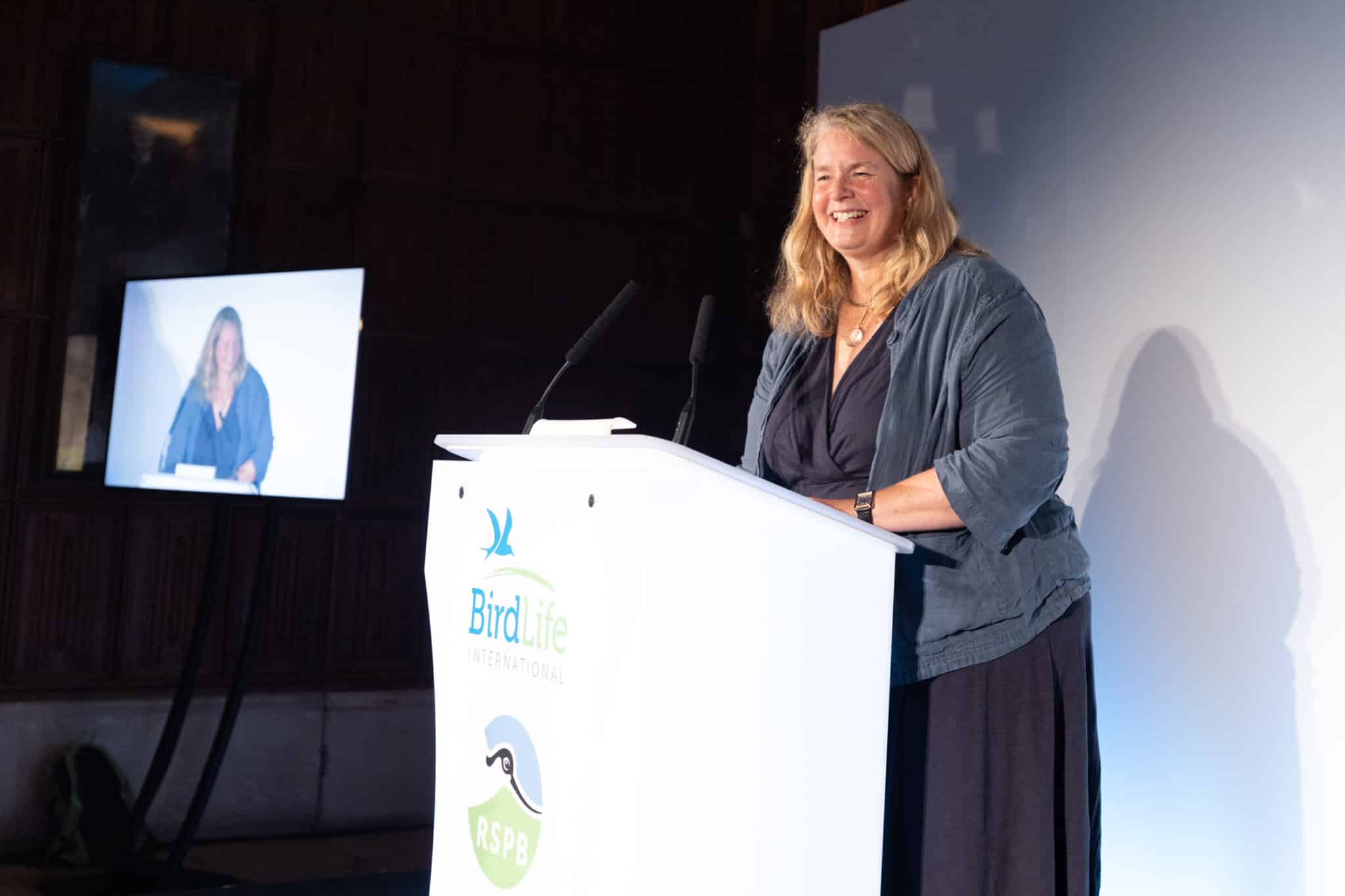

Some of our BirdLife old hands recount the origins and development of the organisation, its name, and their pride in our 100 years
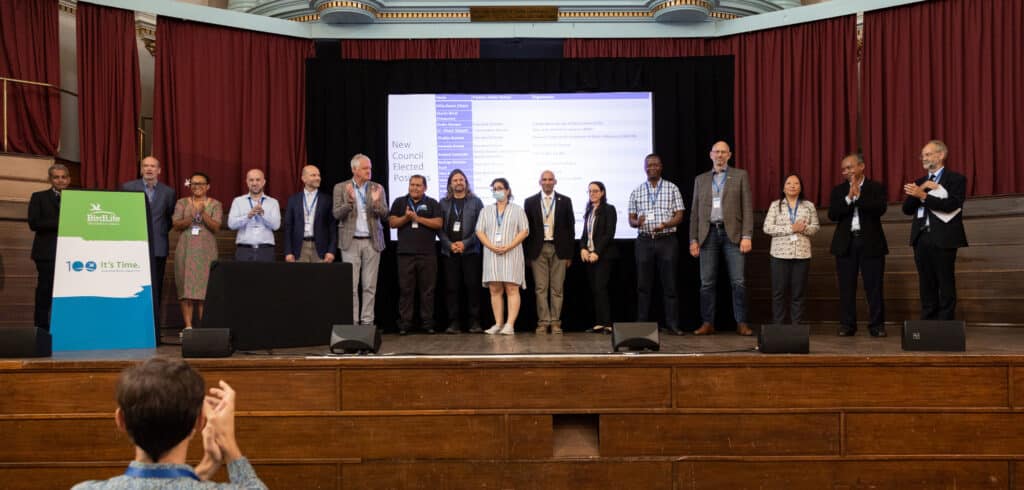
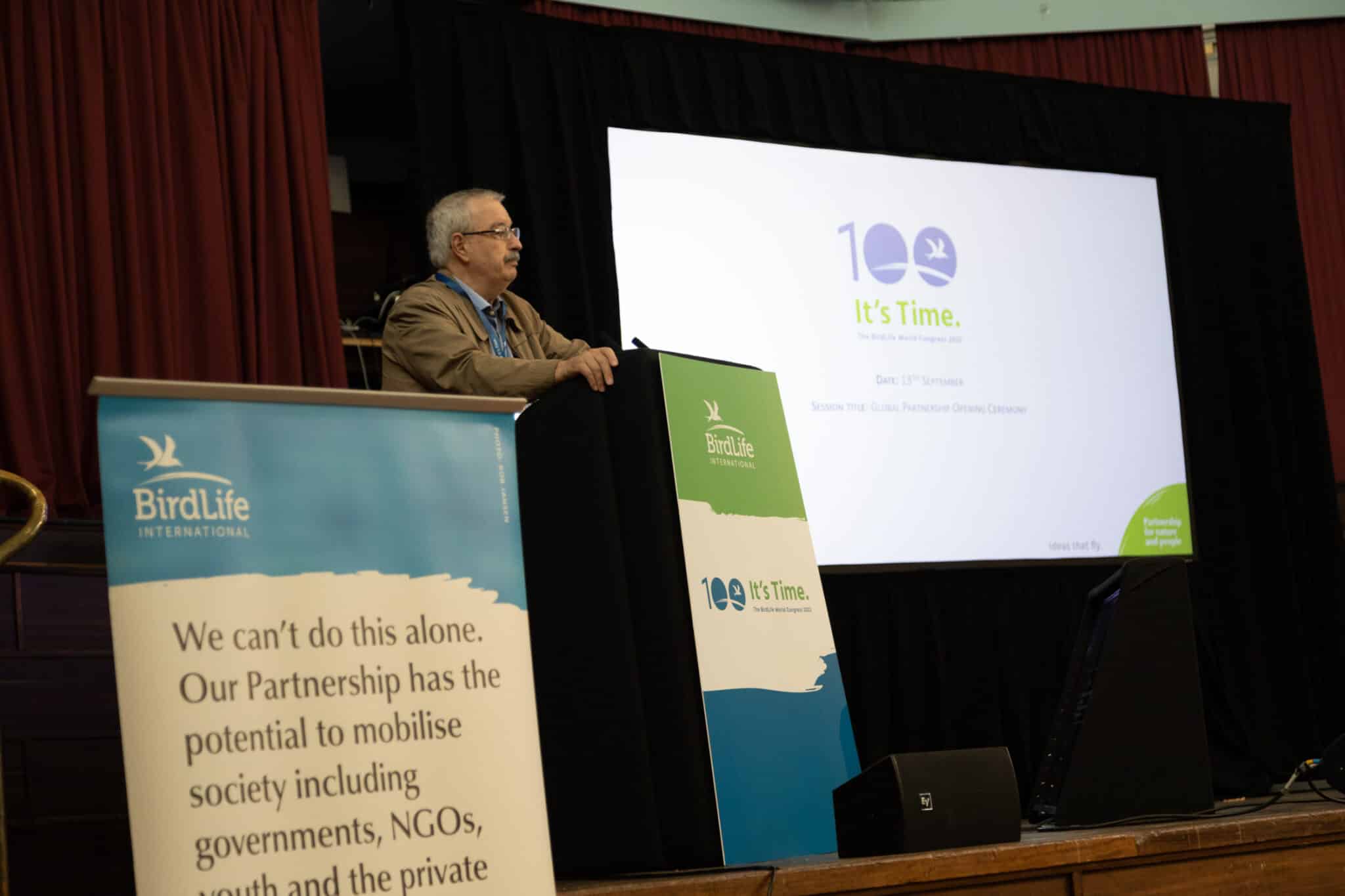

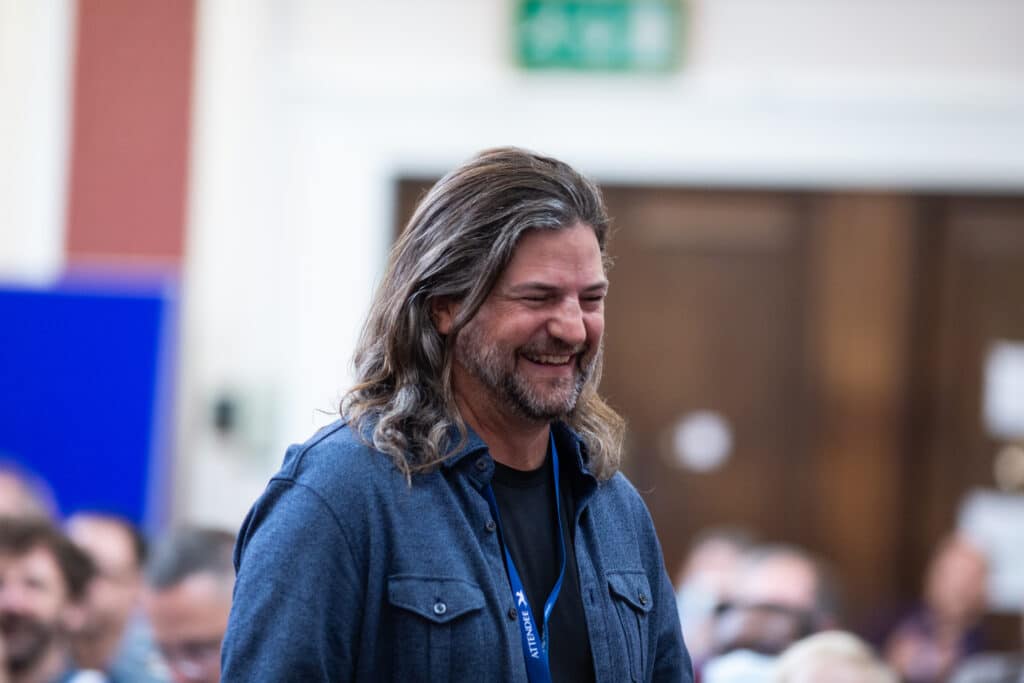
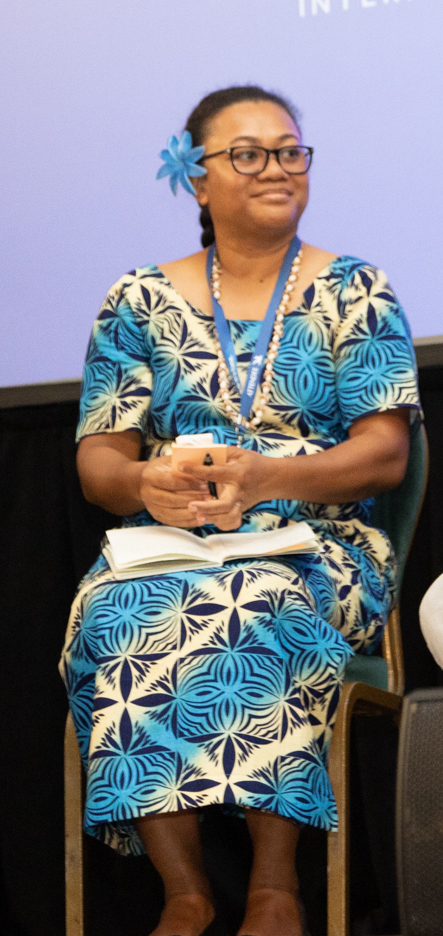
newly elected to Global Council
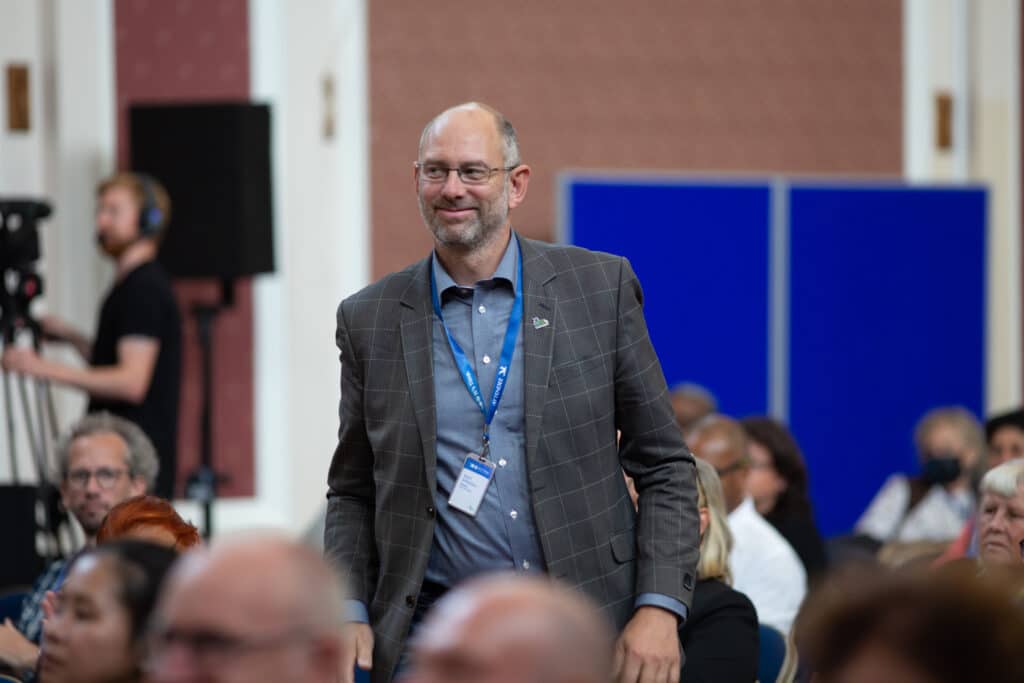
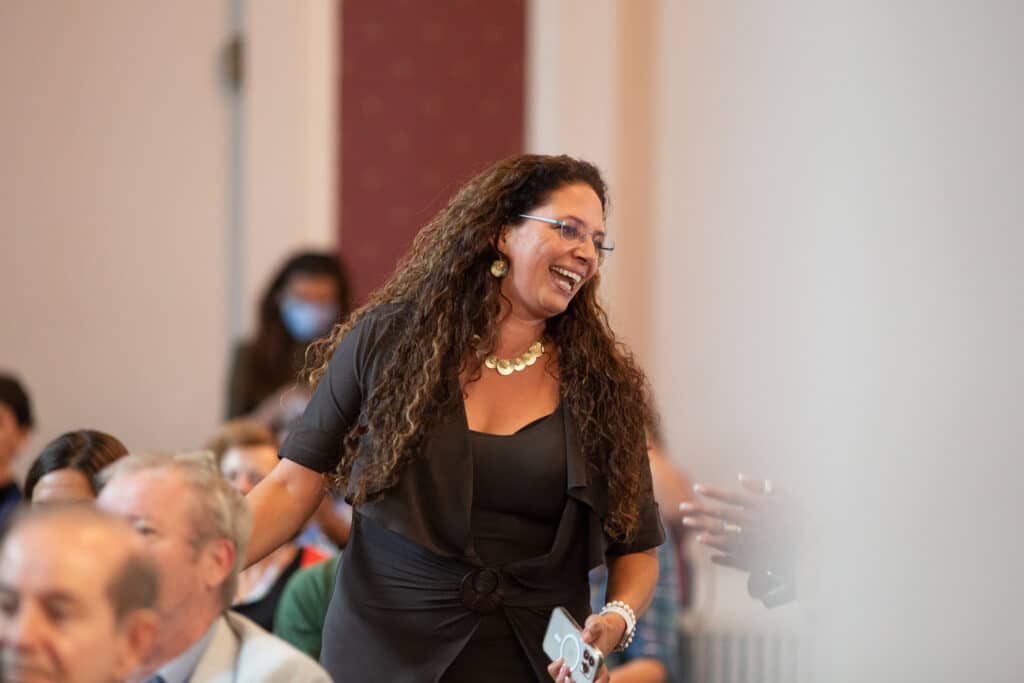
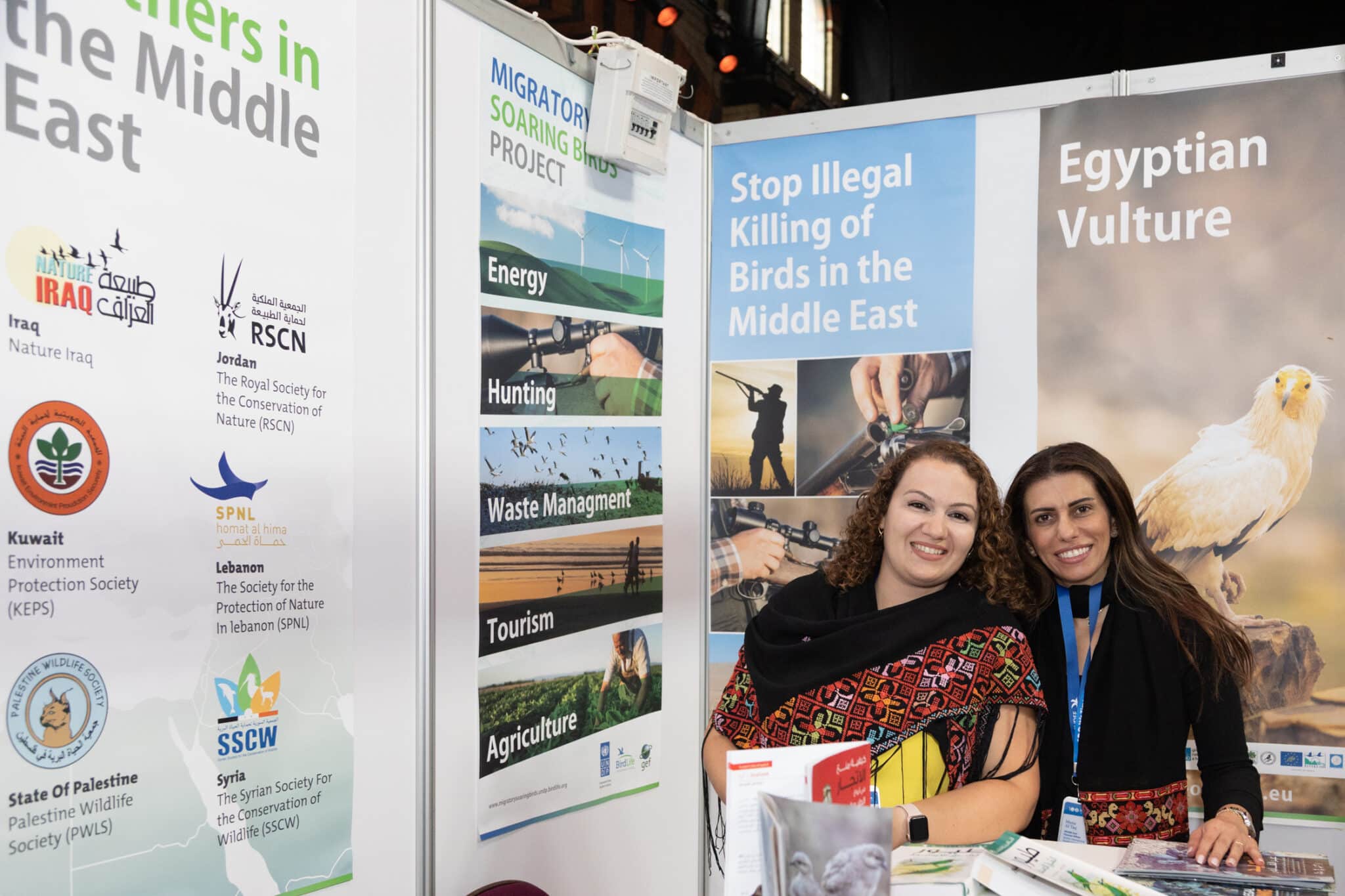
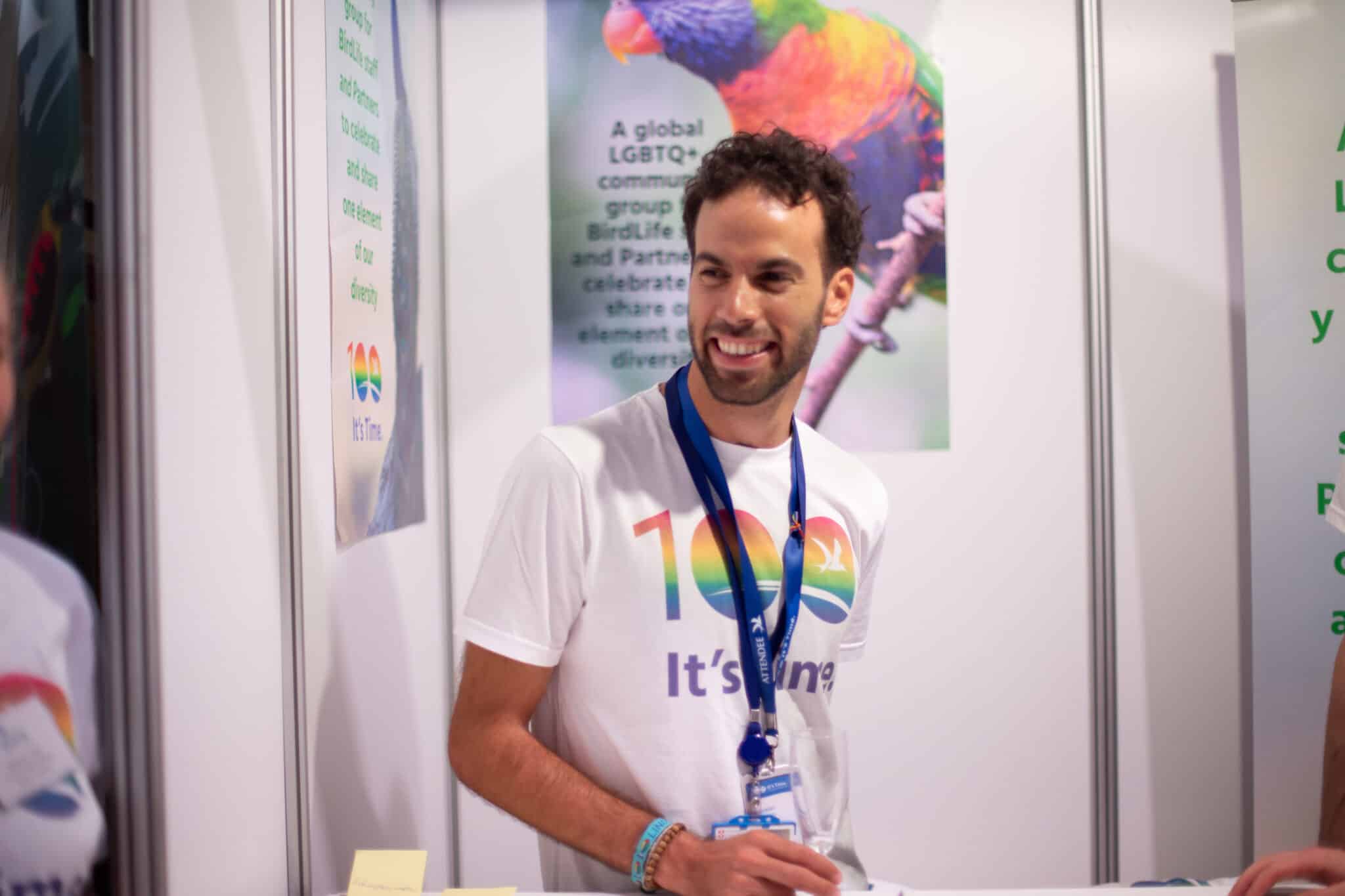
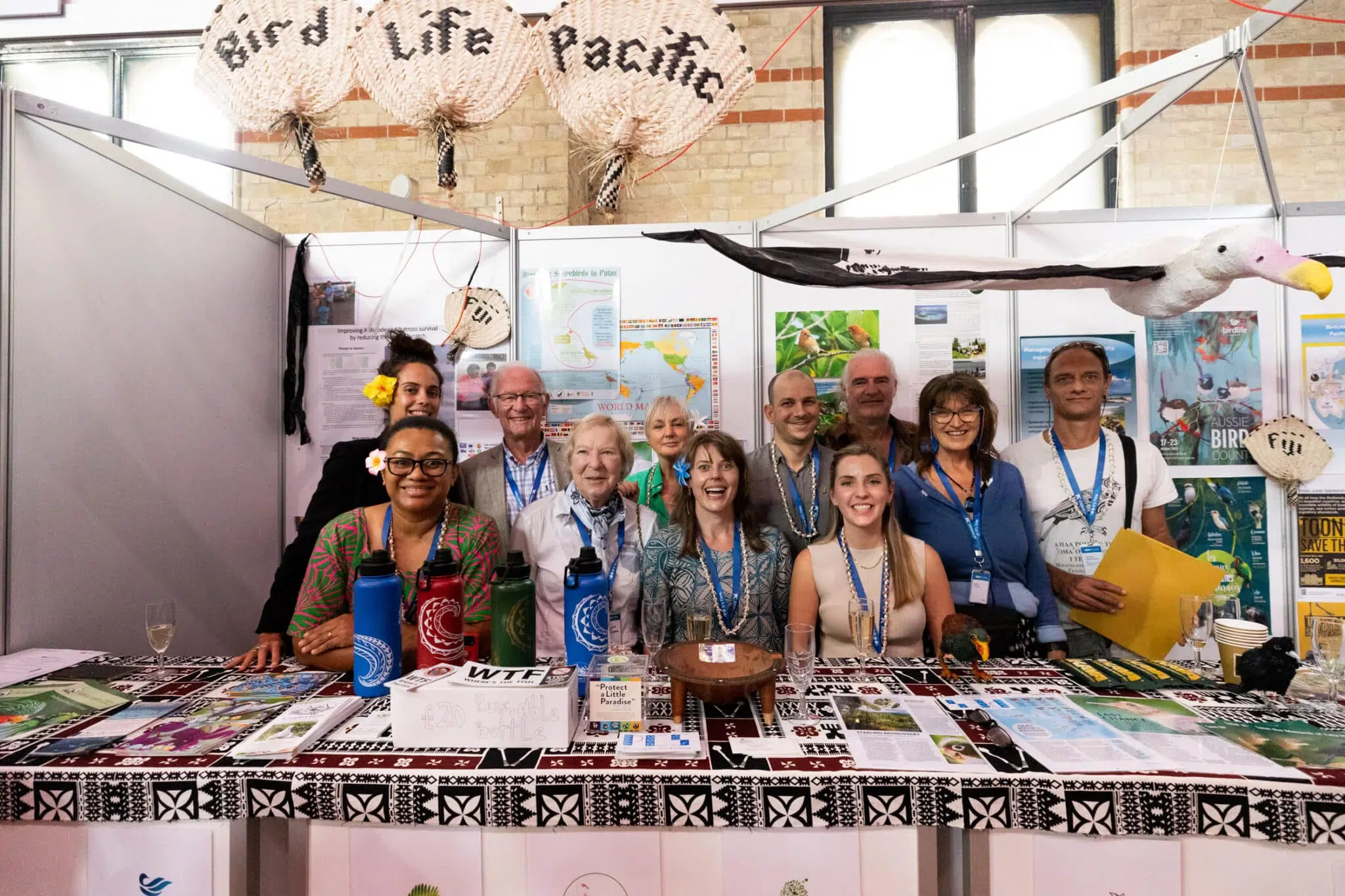
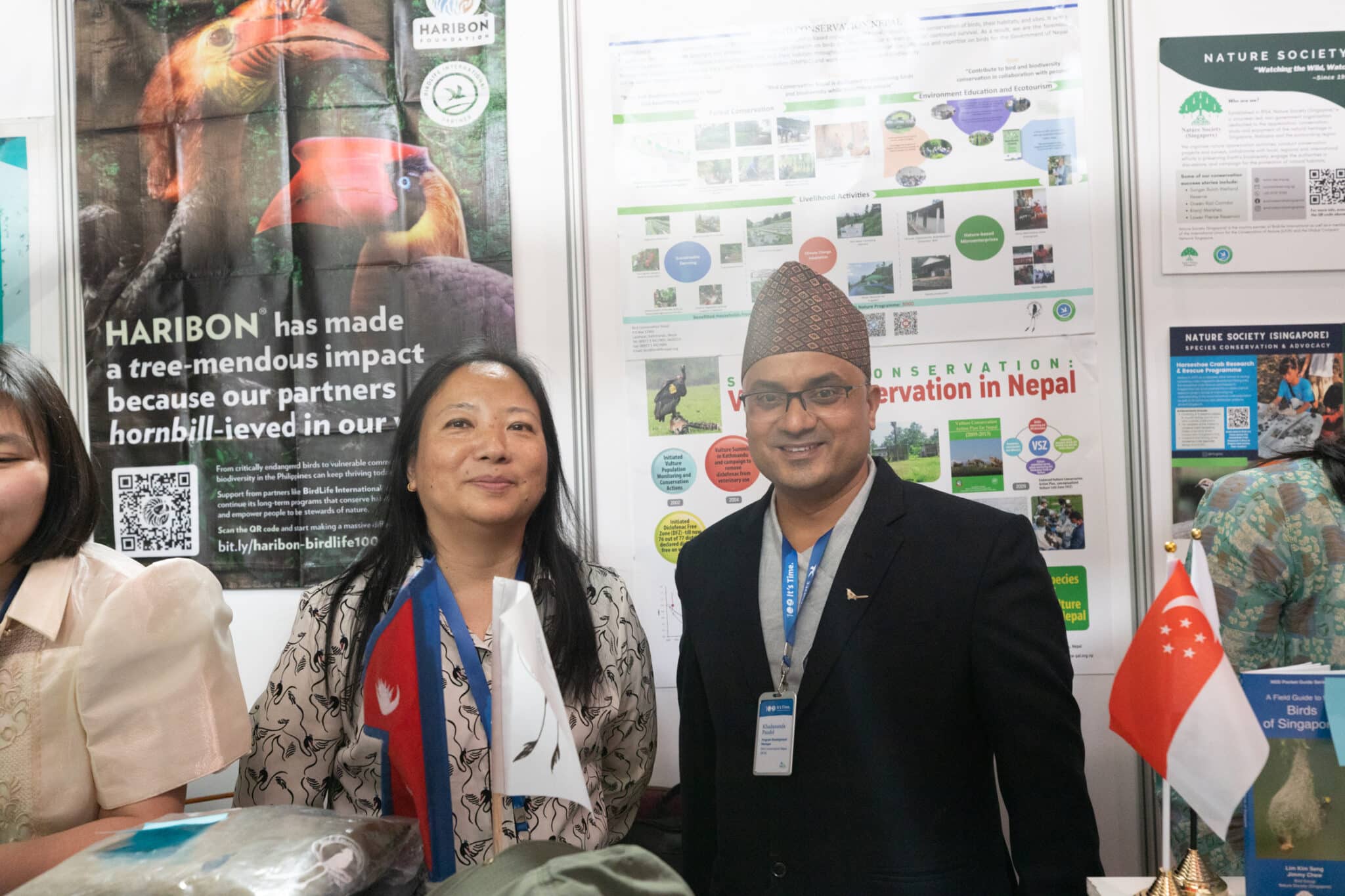
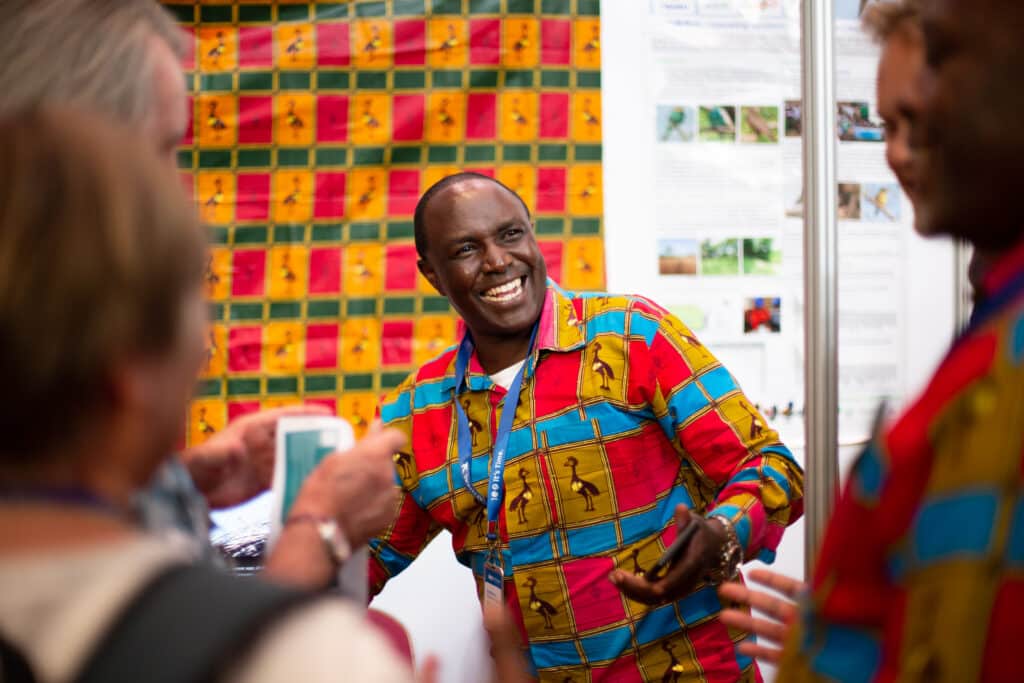
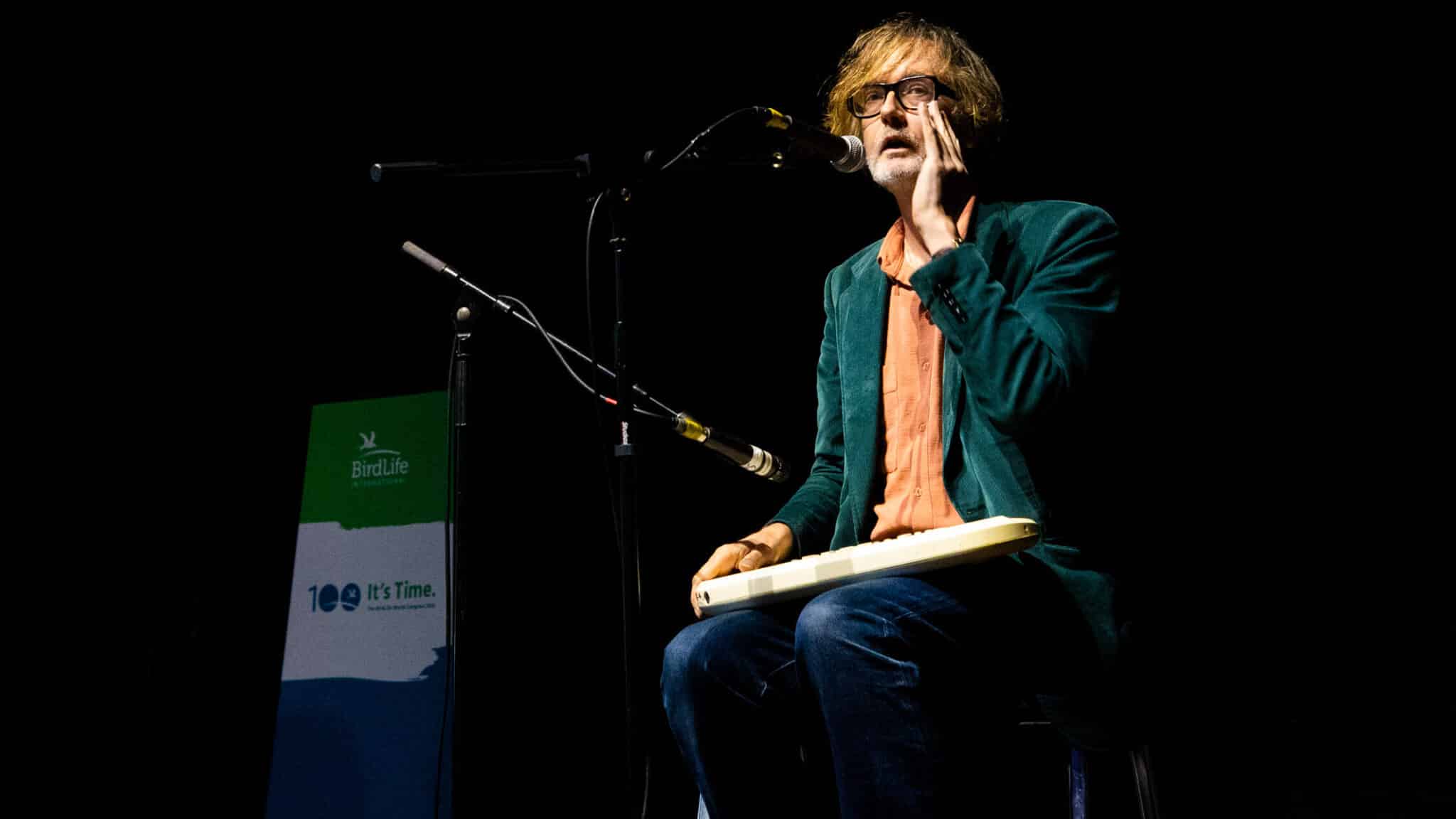
On September 14th, things got seriously meatier as Global Director of Conservation Richard Grimmett hosted the opening Plenary Session entitled Making a Difference II – What have we achieved in implementing the 2013 – 2022 BirdLife Strategy. Following, the group split up to attend sessions of interest to them which ran the gamut from We Prevent Extinctions: BirdLife’s successful species conservation and why it must continue. hosted by BirdLife South Africa CEO Mark Anderson and BirdLife’s Senior Programme Manager for Preventing Extinctions Roger Safford. Other participants ducked into Local to Global: joined-up action to save migratory birds convened by Global Flyways Coordinator Barend van Gemerden. With industrial agriculture one of the key threats to birds and their habitats, Senior European Policy Head Ariel Brunner’s topic How do we tackle agriculture? attracted many as well. Lenke Balint, Head of Communities and Capacity Development, offered powerful insights into BirdLife’s special sauce with Developing Capacity: A strong partnership to scale up conservation success – lessons from the past to inspire our future.
Other sessions followed and of great interest were Oli Yates’ Celebrating the achievements of the Marine Programme and Itala Yepez’s Conserva Aves: KBA and migratory bird conservation strategy for Latin America and the Caribbean. Additionally we heard more about our flagship flyways with BirdLife’s Gary Allport’s Asia Development Bank Regional Flyway Initiative and VBN/BirdLife in the Netherlands’ Jaime Garcia Moreno’s The East Atlantic Flyway Initiative.
A high point for all was when Global Birdfair’s Tim Appleton and Penny Robinson presented BirdLife CEO Patricia Zurita with the €100,000.00 raised at this summer’s inaugural Global Birdfair for BirdLife conservation – this year’s project Reviving La Janda, critical wetlands in Spain’s Andalucia.
This vast breadth of BirdLife’s global conservation work was unequivocally driven home by the end the the afternoon with Andrew Kirby’s Trillion Trees – our global partnership to protect and restore forests ; BirdLife Conservation and Policy Directors Richard Grimmett’s and Melanie Heath’s Climate change – BirdLife impact so far and priorities for the next decade ; BirdLife’s Chief Development Officer E.J McAdams’ Trends in Funding Nature: A donor perspective and finally Nature Kenya’s Paul Matiku’s Important Bird and Biodiversity Areas (IBAs) and Key Biodiversity Areas (KBAs) – the foundation for BirdLife’s work on priority sites for conservation with BirdLife’s Global IBA Policy Coordinator Zoltan Waliczky.
The ceremonial closing of the Global Partnership meeting was highlighted by a panel led by Honey Kohan, Manager of BirdLife’s Brussels communications team, who was joined by Nunia Thomas-Moko, the Director of BirdLife partner NatureFiji-MareqetiViti, Sheku Kamara, the Executive Director of BirdLife partner The Conservation Society of Sierra Leone and Alejandro Quecedo del Val, the President of Spanish partner’s SEO/BirdLife Youth group, also a participant in the new BirdLife International Youth Leaders working group.
That evening’s dinner reception was hosted outdoors as a mostly vegan bbq by the new BirdLife Youth Leaders, with wine and beverages generously provided by Domaines Paul Jaboulet Aîné whose commitment to biodiversity and sustainable bird-friendly production has been enthusiastically attested to by our French partners LPO. The Youth Leaders shared initial video work they had developed together, and engaged in a panel discussion moderated by Mongabay’s Alejandro Prescott Cornejo.
And more invigorating, the Youth Leaders led the crowd in a rousing dance with CEO Patricia Zurita and SEO BirdLife’s Asuncion Ruiz to the beat of the new BirdLife100 anthem Let’s Fly.
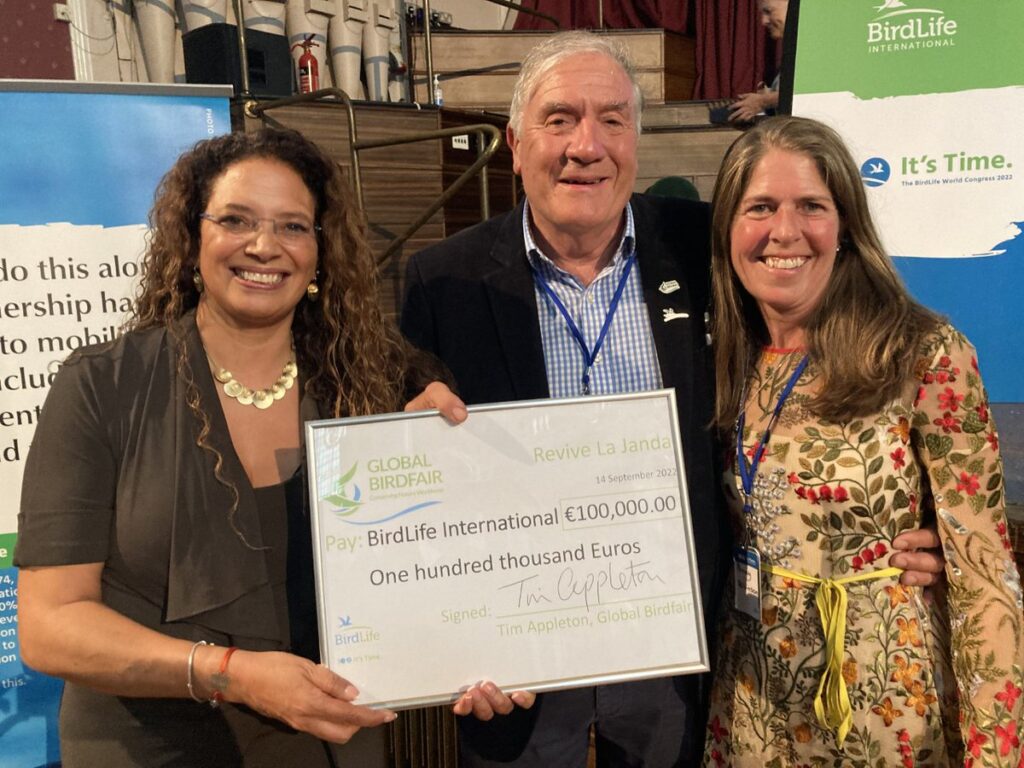
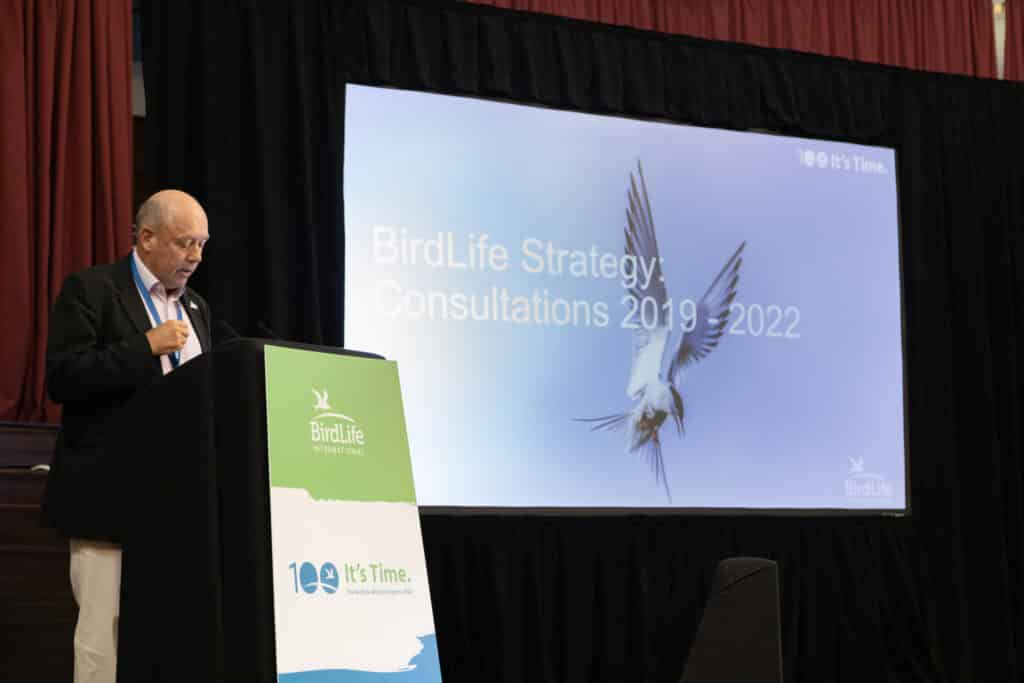
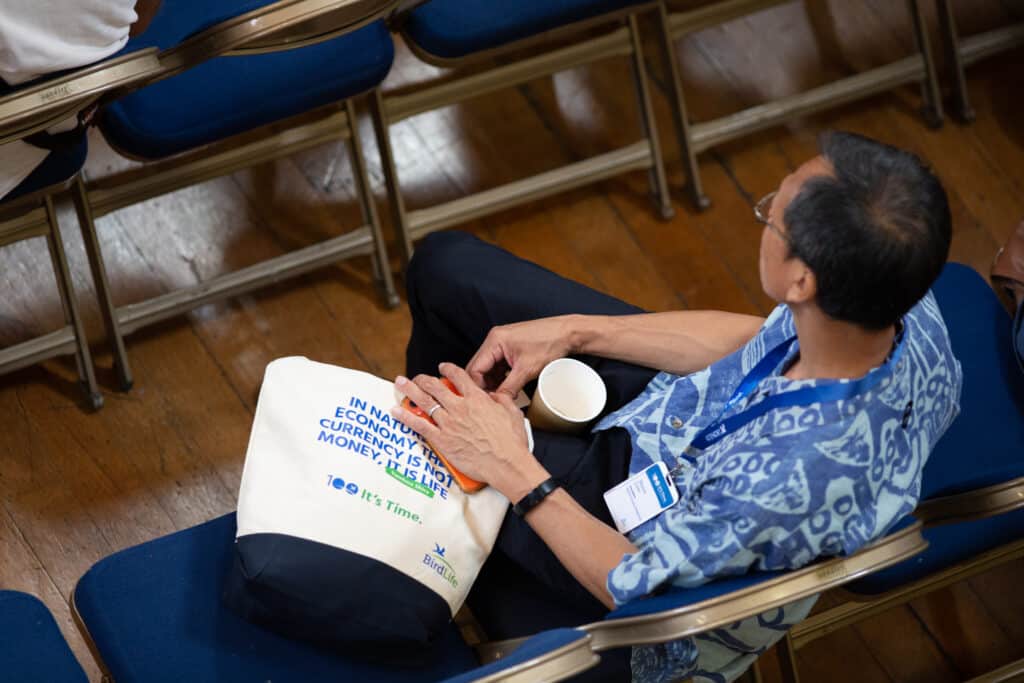
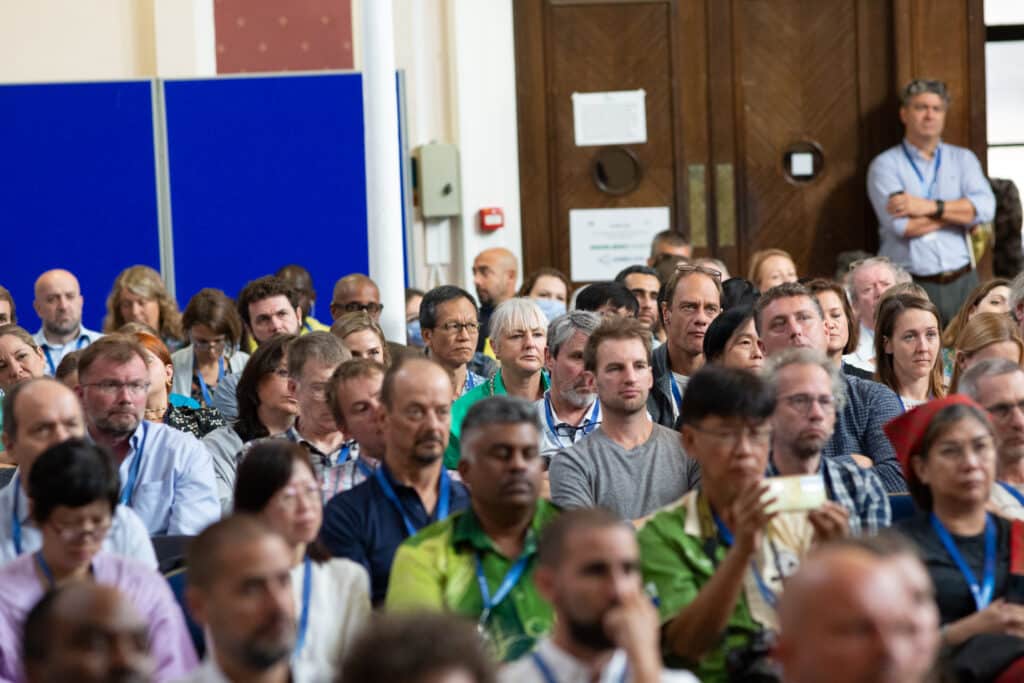
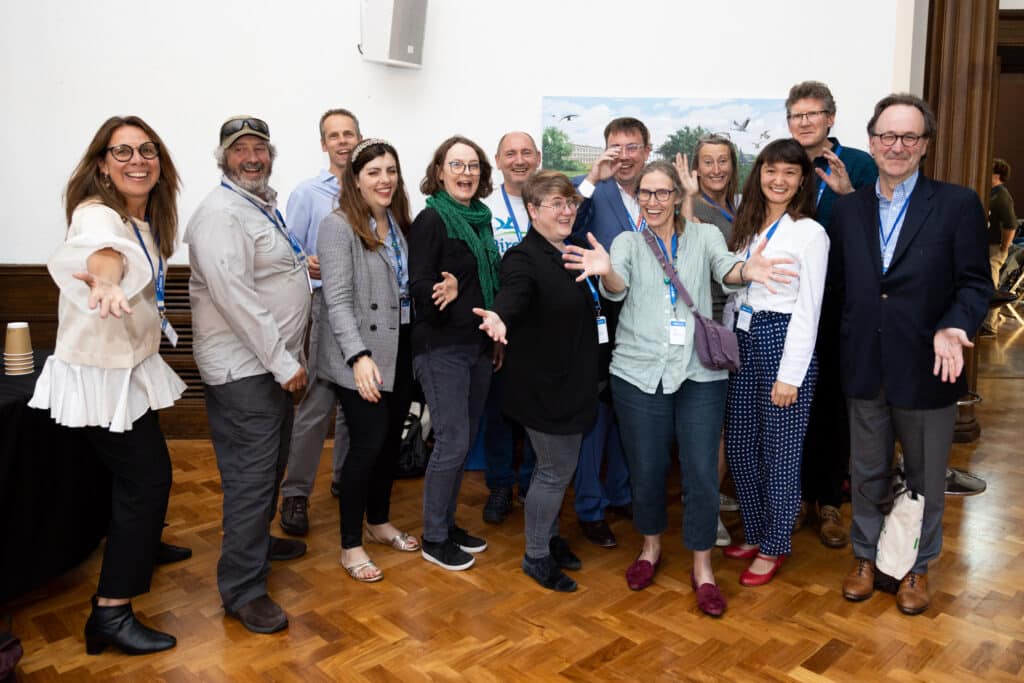
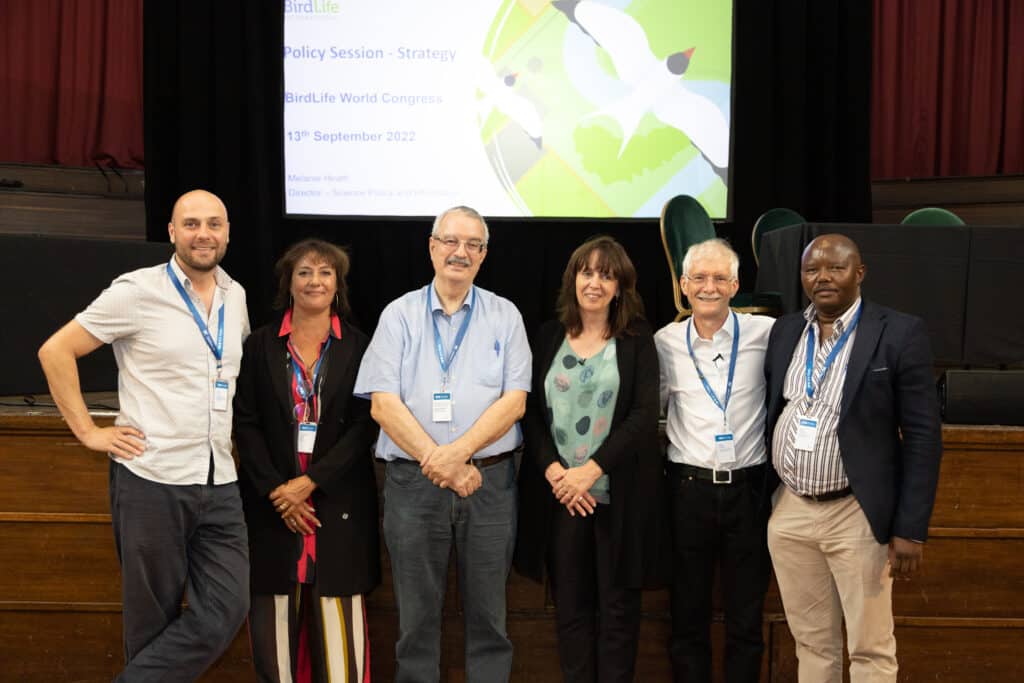
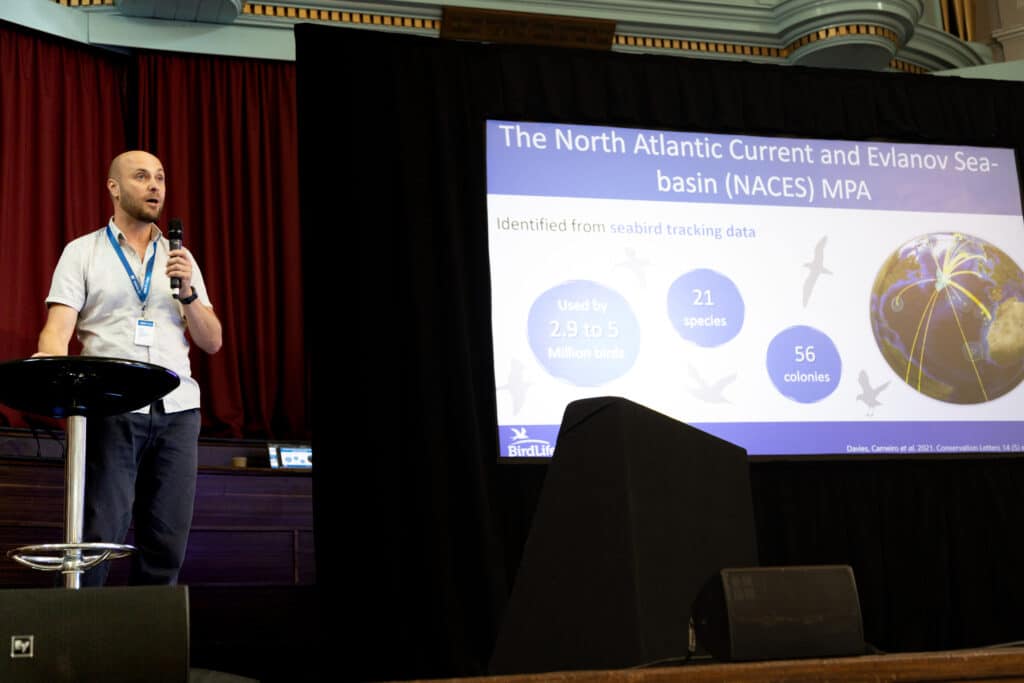
Marine Programme
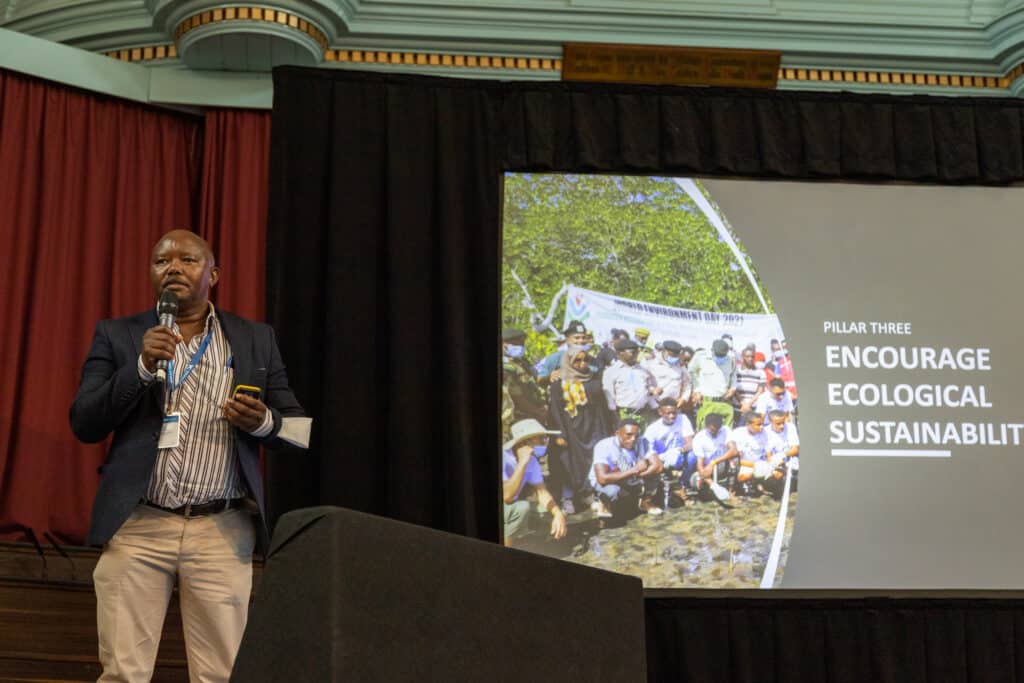
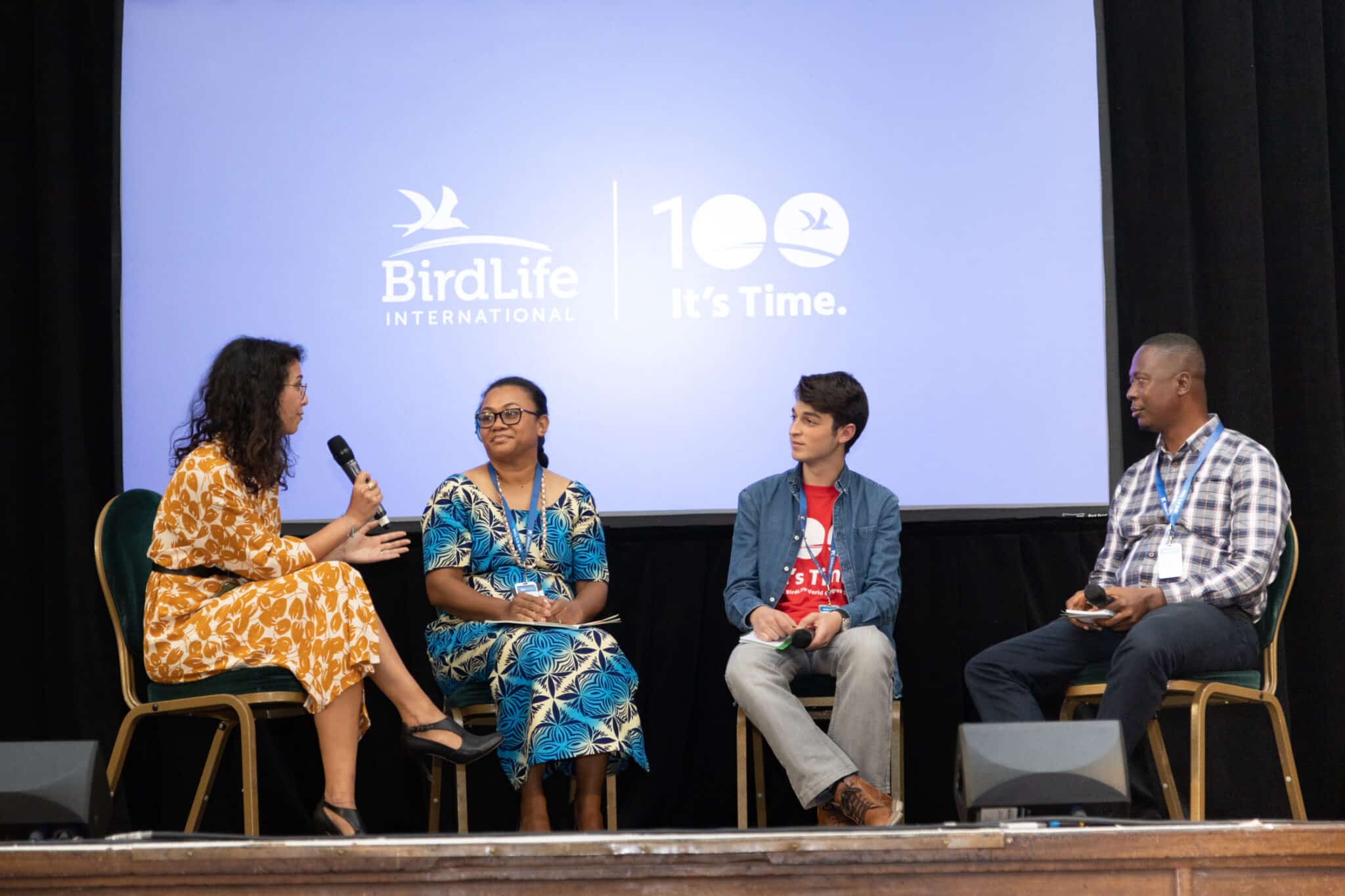
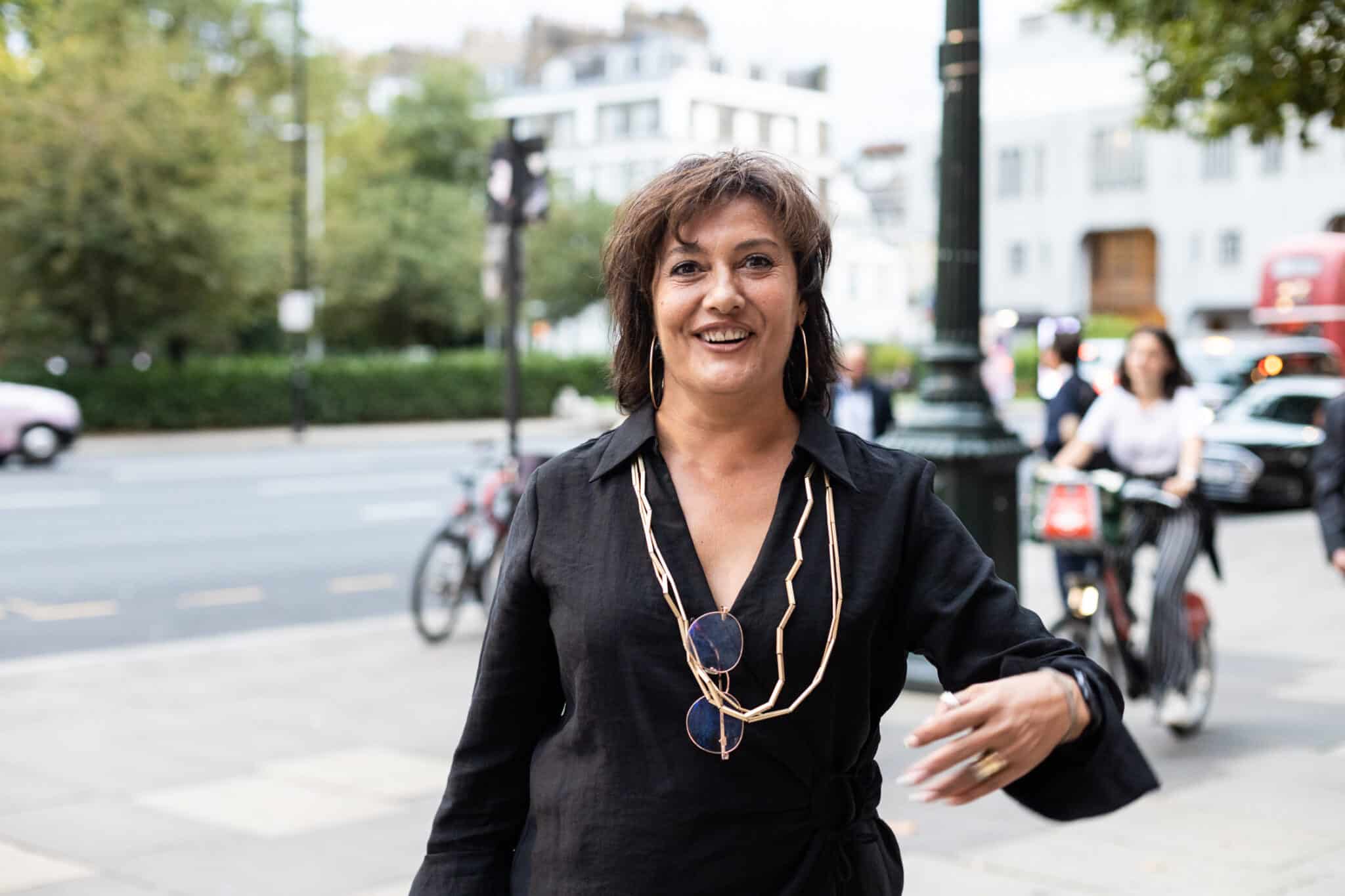
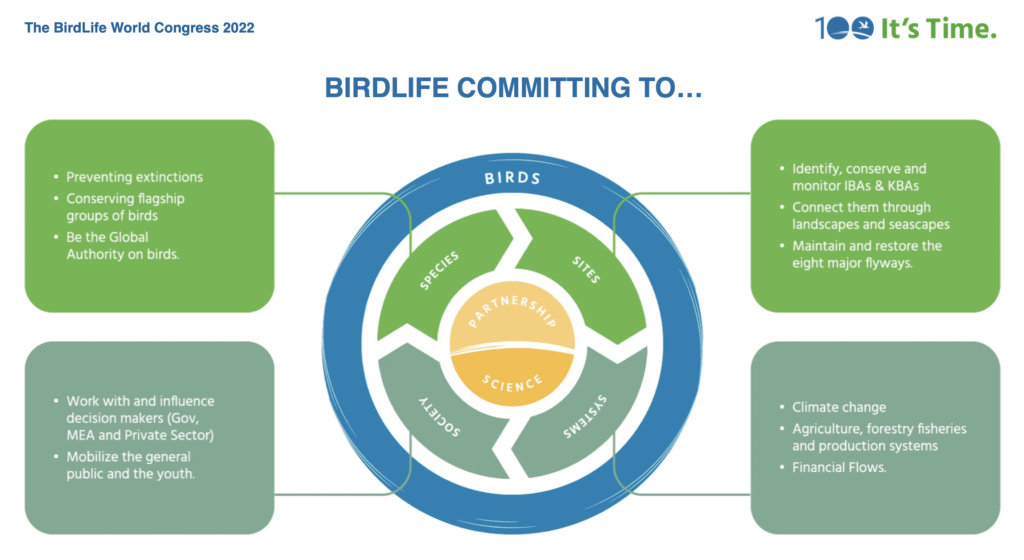
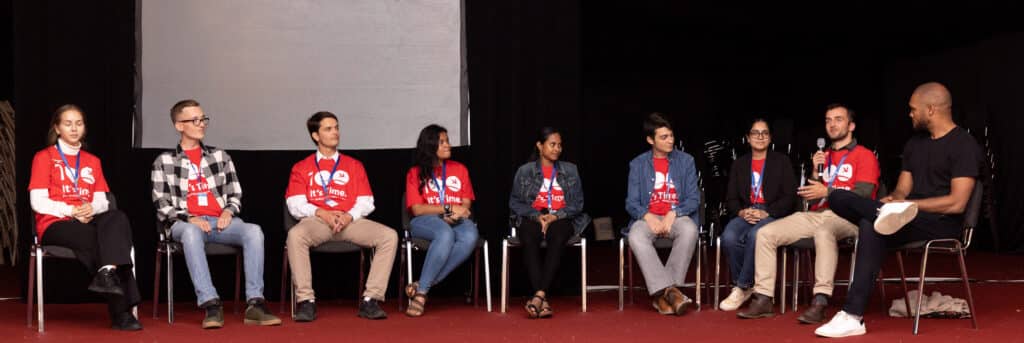
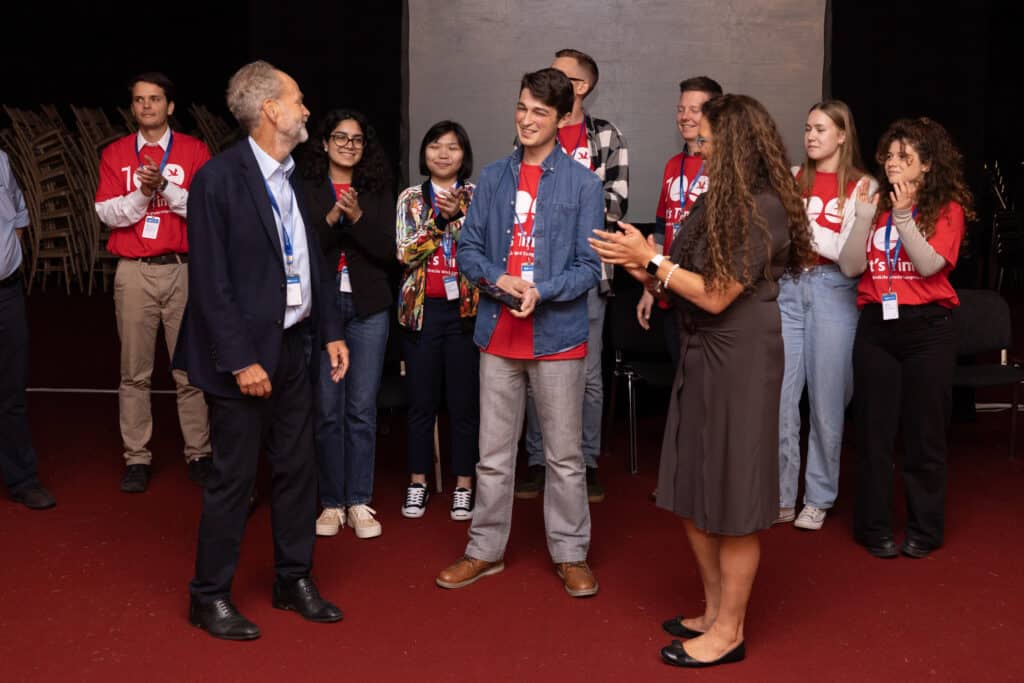
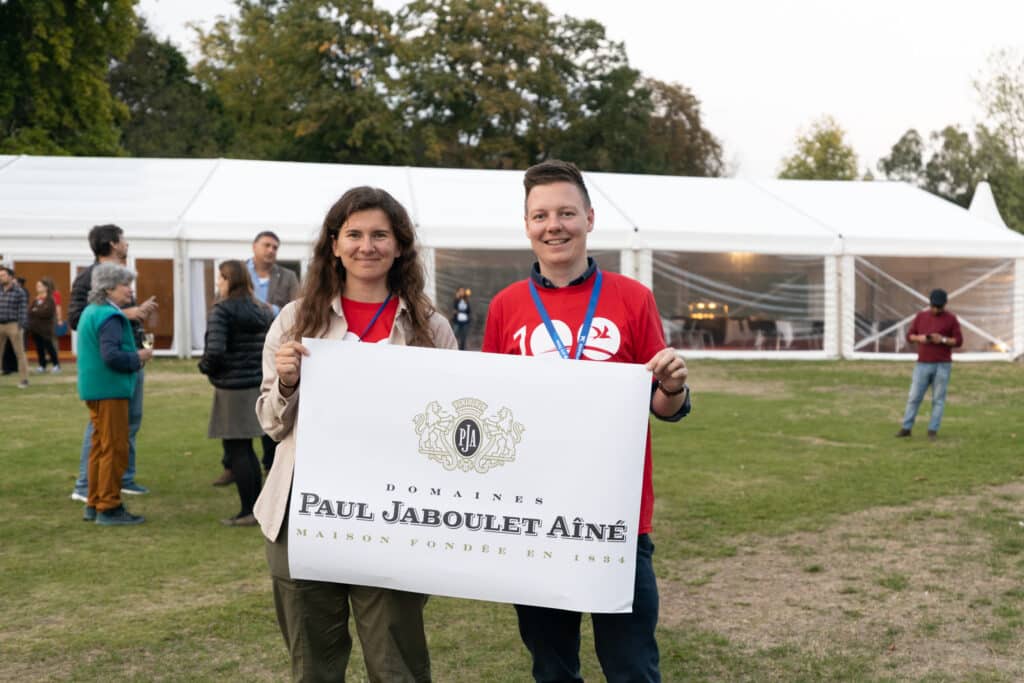
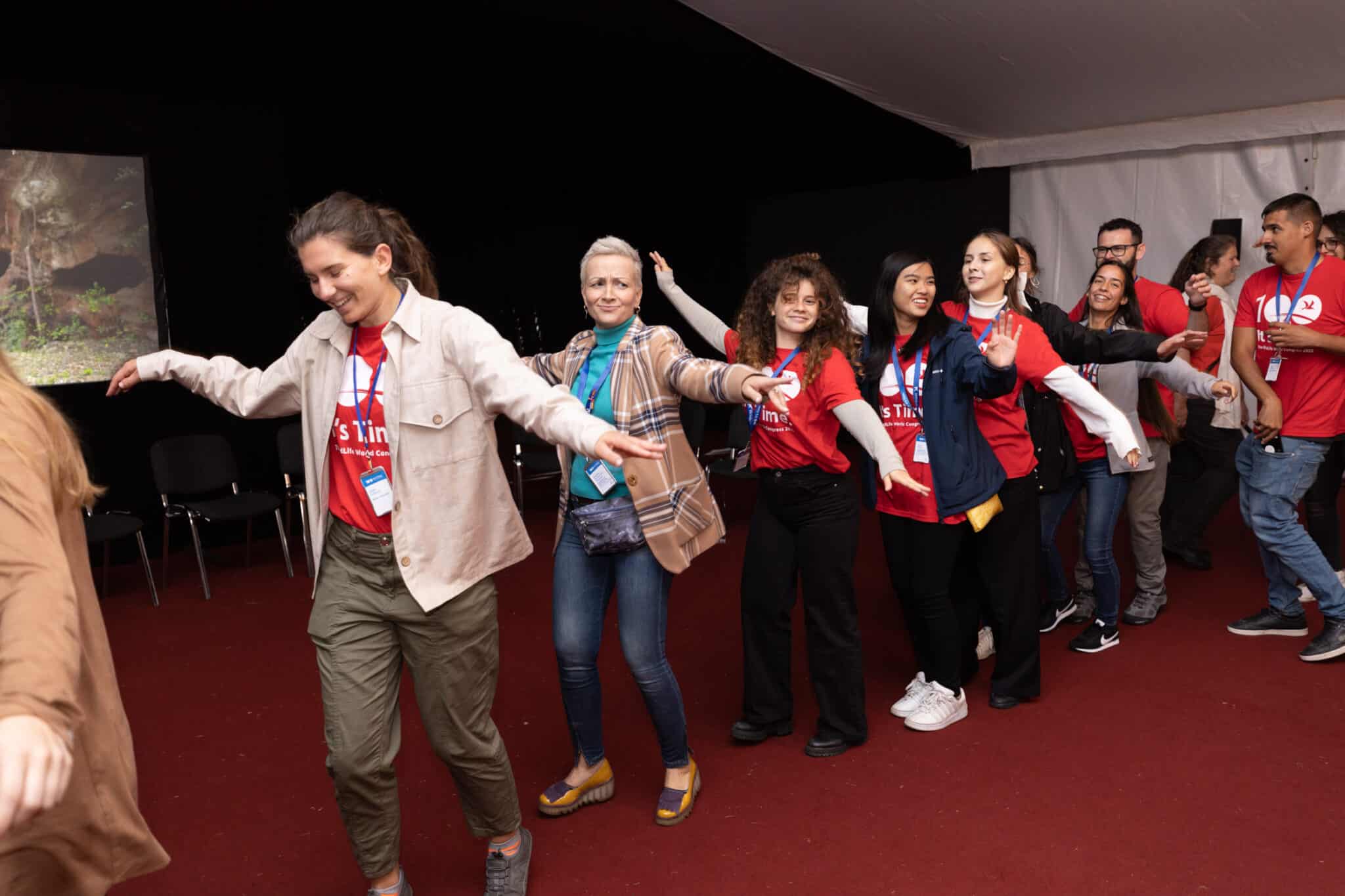
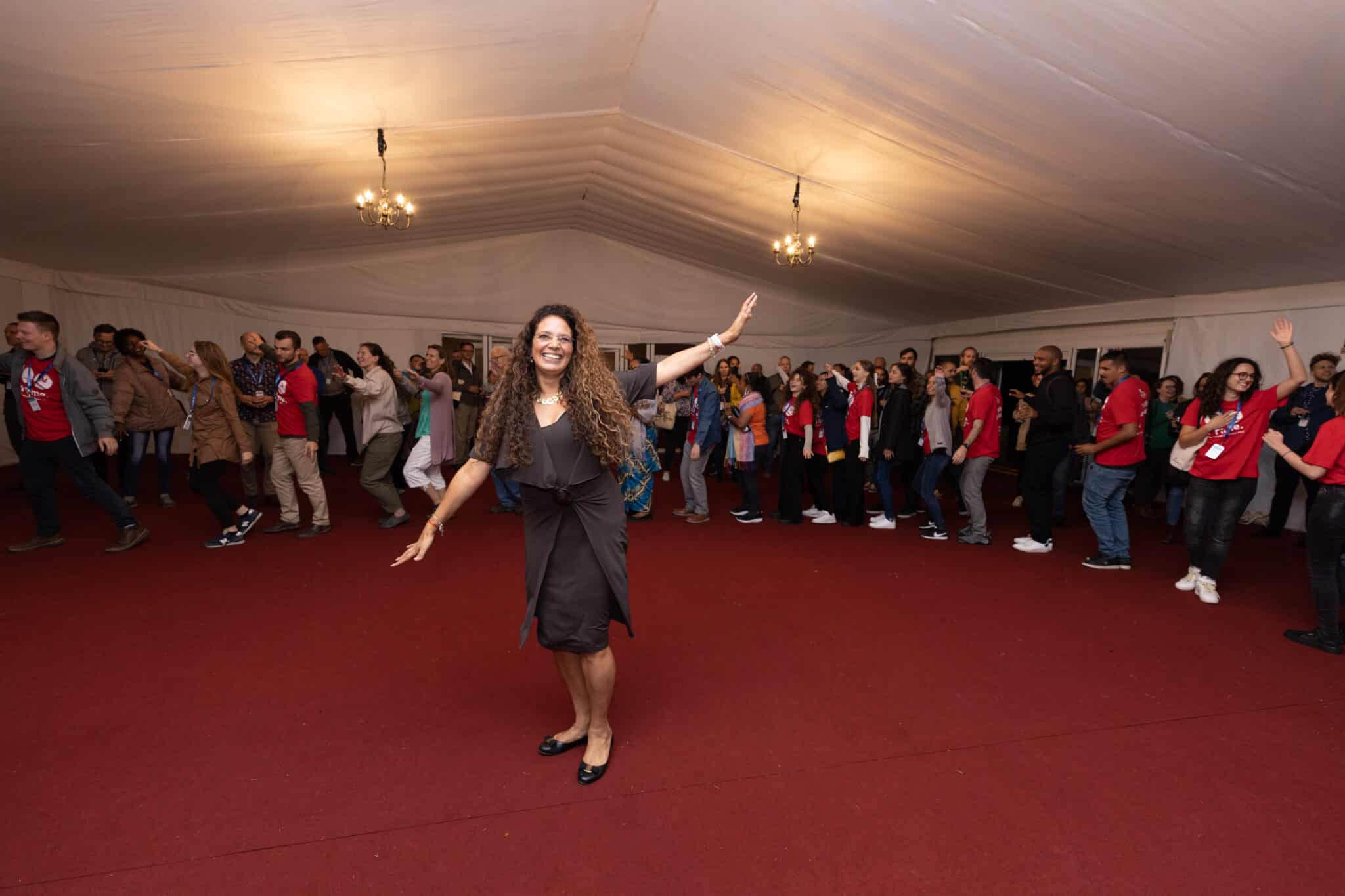
Energies shifted the following and final day to London, first for our Future of Our Planet conference at London’s famed Freemasons’ Hall in Covent Garden. Save, nurture, grow – these were the bywords of the day, a cornucopia of panels, speakers, and videos to share perspectives with a wide range of business and other leaders not directly within the world of conservation.
The day was opened by our Honorary President, Her Imperial Highness Princess Takamado setting the scene in an inspiring and thought provoking address.
Download HIH Princess Takamado’s full speech
With that kick-off, the conference then tackled such challenging topics as Nature & Business, the Value of Nature; Funding Nature, Philanthropy, Public Funding and Beyond; and Nature, Arts, Culture and Education. Diverse panelists included, among many others, Carlos Manuel Rodriguez, Chairman and CEO of the Global Environmental Facility, Keiji Nishizawa, the Chairman of the Keidanren Committee on Nature Conservation, a powerful network of leading Japanese industry, Hank Paulson, former US Treasury Secretary and Chairman of the Paulson Institute, Professor Ngaire Woods, Board member of Rio Tinto and Founding Dean of the Blavatnik School of Government and 20 year old Alejandro Quecedo, Climate & Nature champion and Youth President of SEO/BirdLife. Discussions were lively and provocative with the underlying urgency of the climate and biodiversity crises adding force to the opinions and perspectives expressed.
His Serene Highness Prince Albert of Monaco addressed the group by video saluting BirdLife’s work and his foundation’s commitment to targeted support for change in how society treats nature, its oceans and the planet.
An informal sneak preview launch of BirdLife’s landmark report State of the World’s Birds was provided by BirdLife’s Chief Scientist Dr. Stuart Butchart.
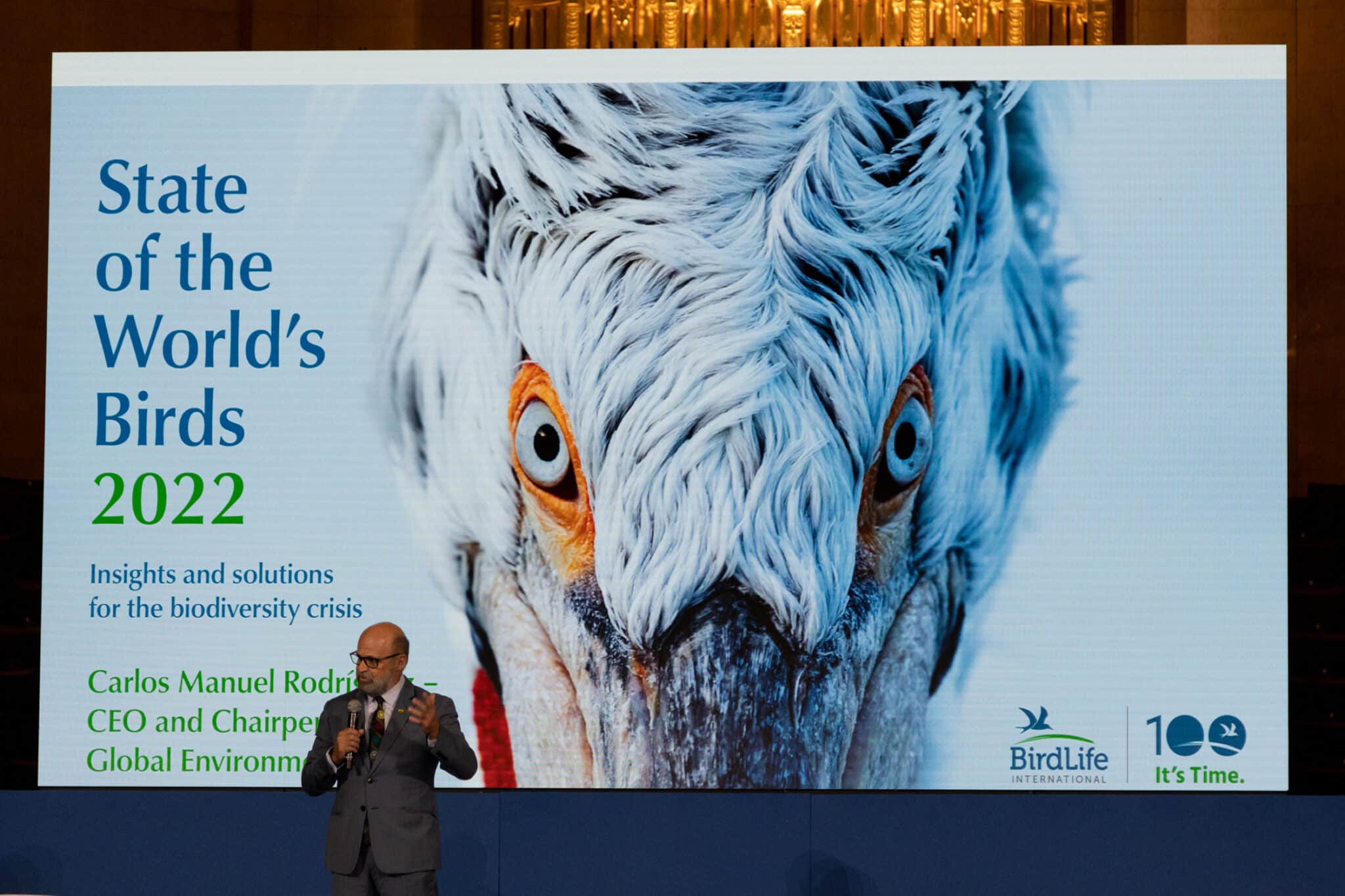
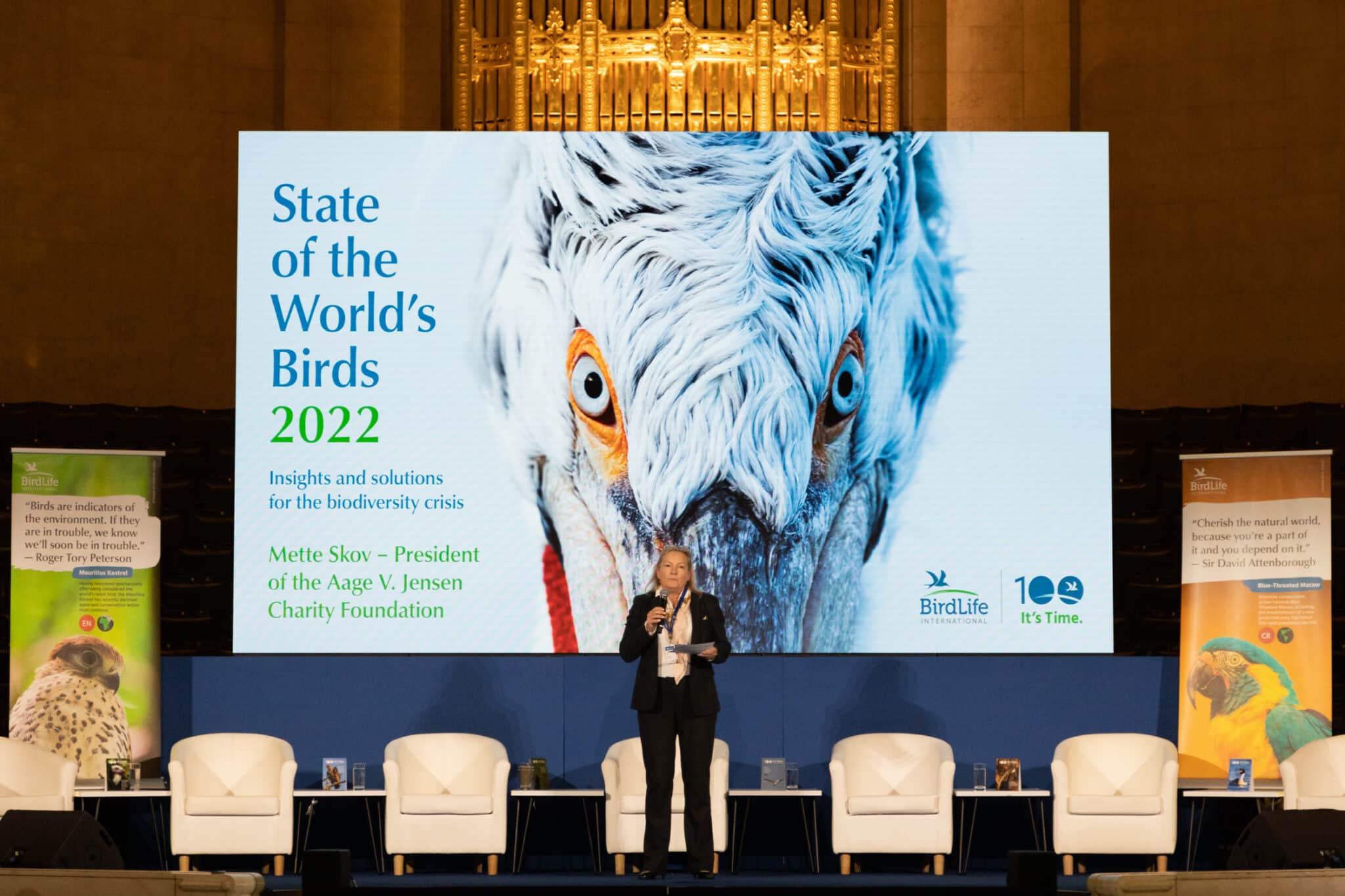
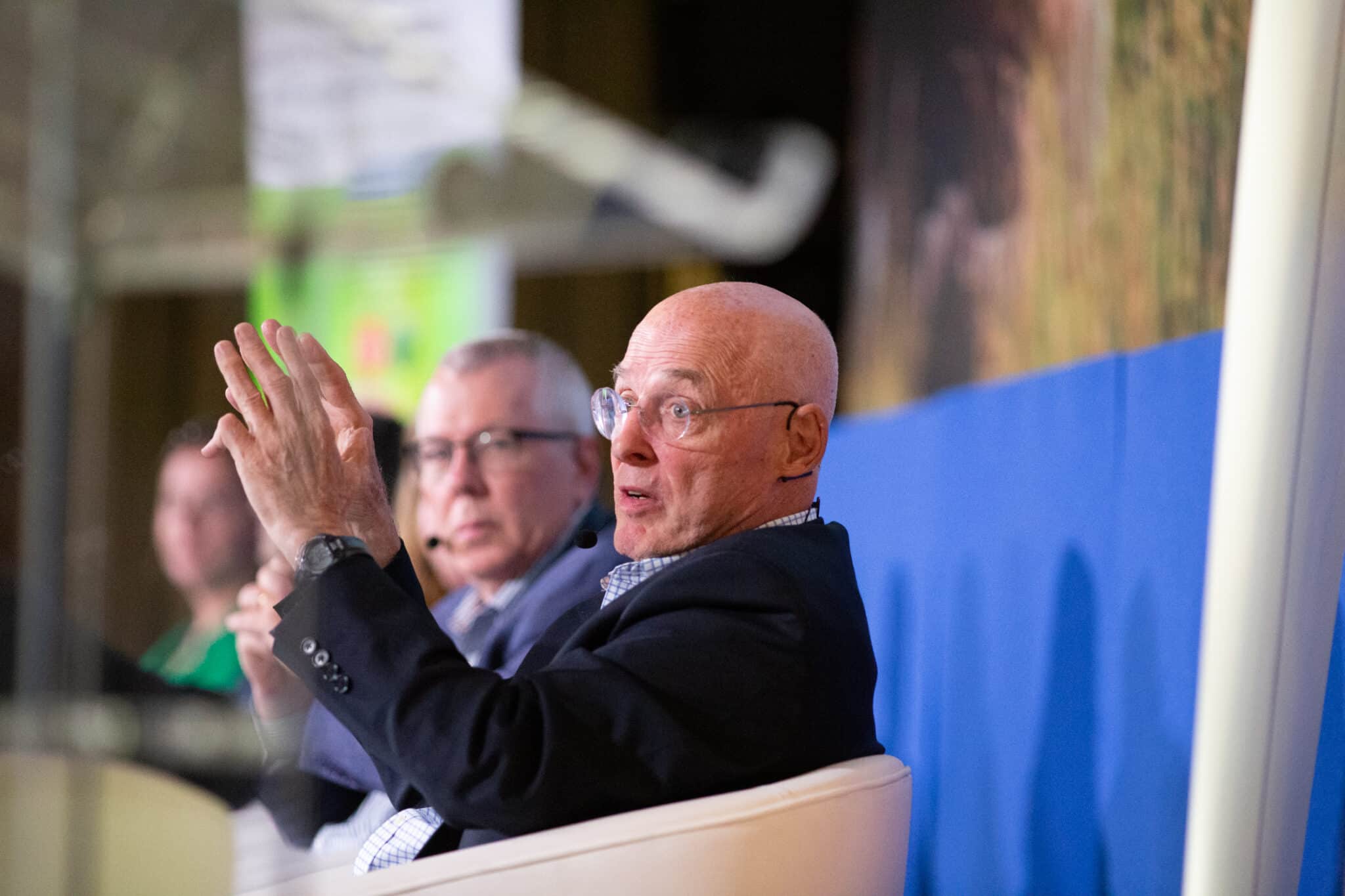
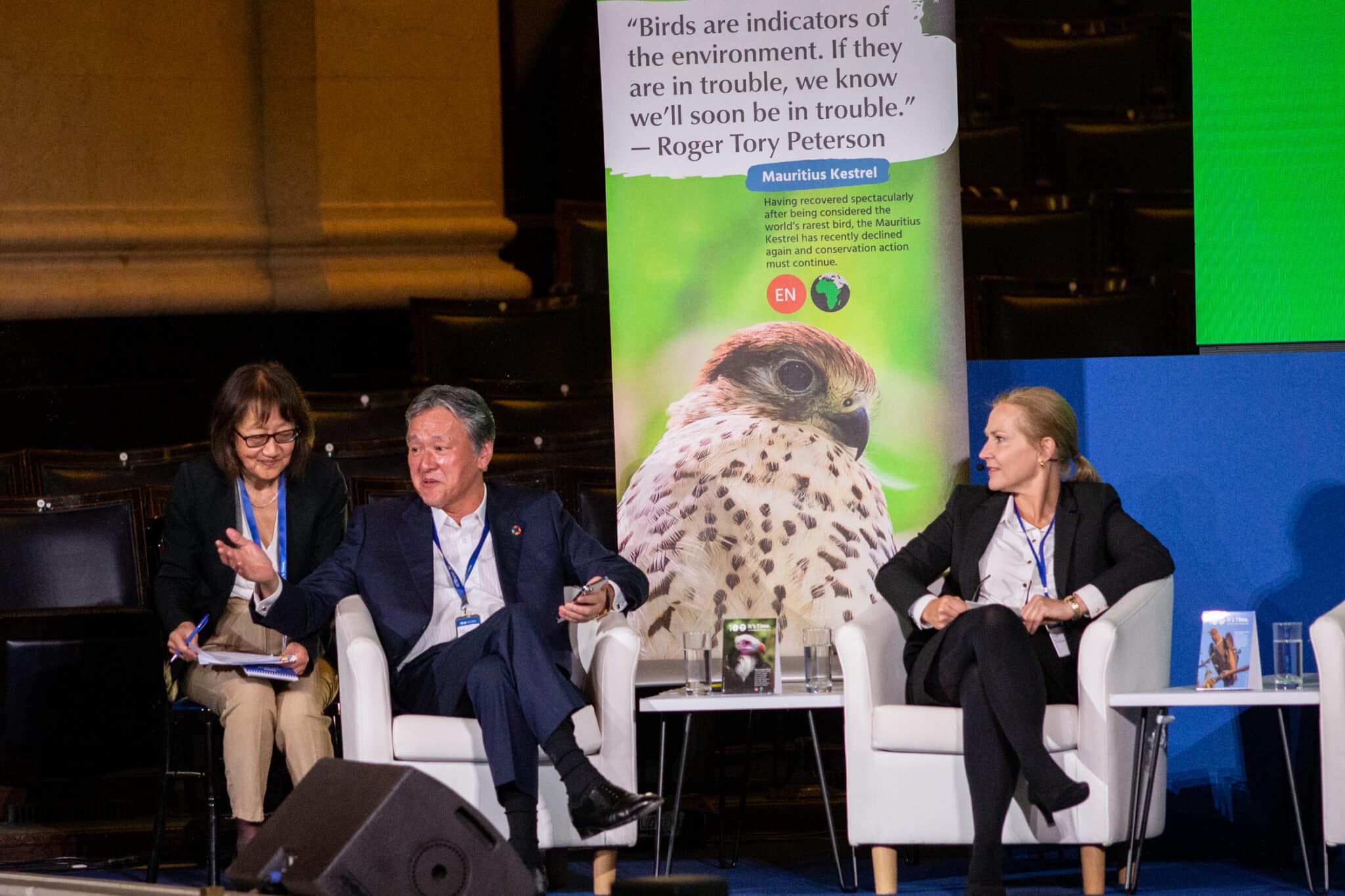
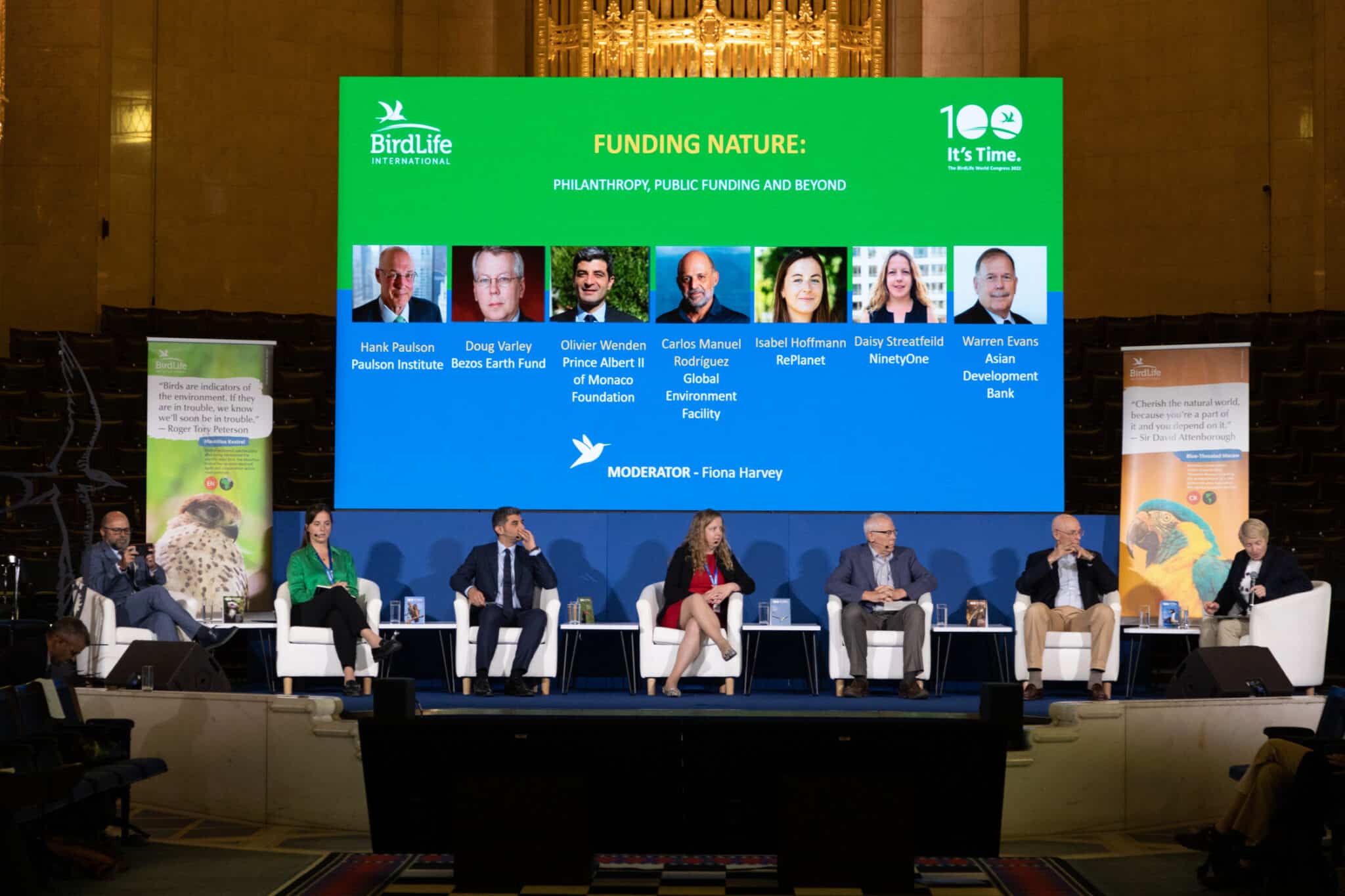
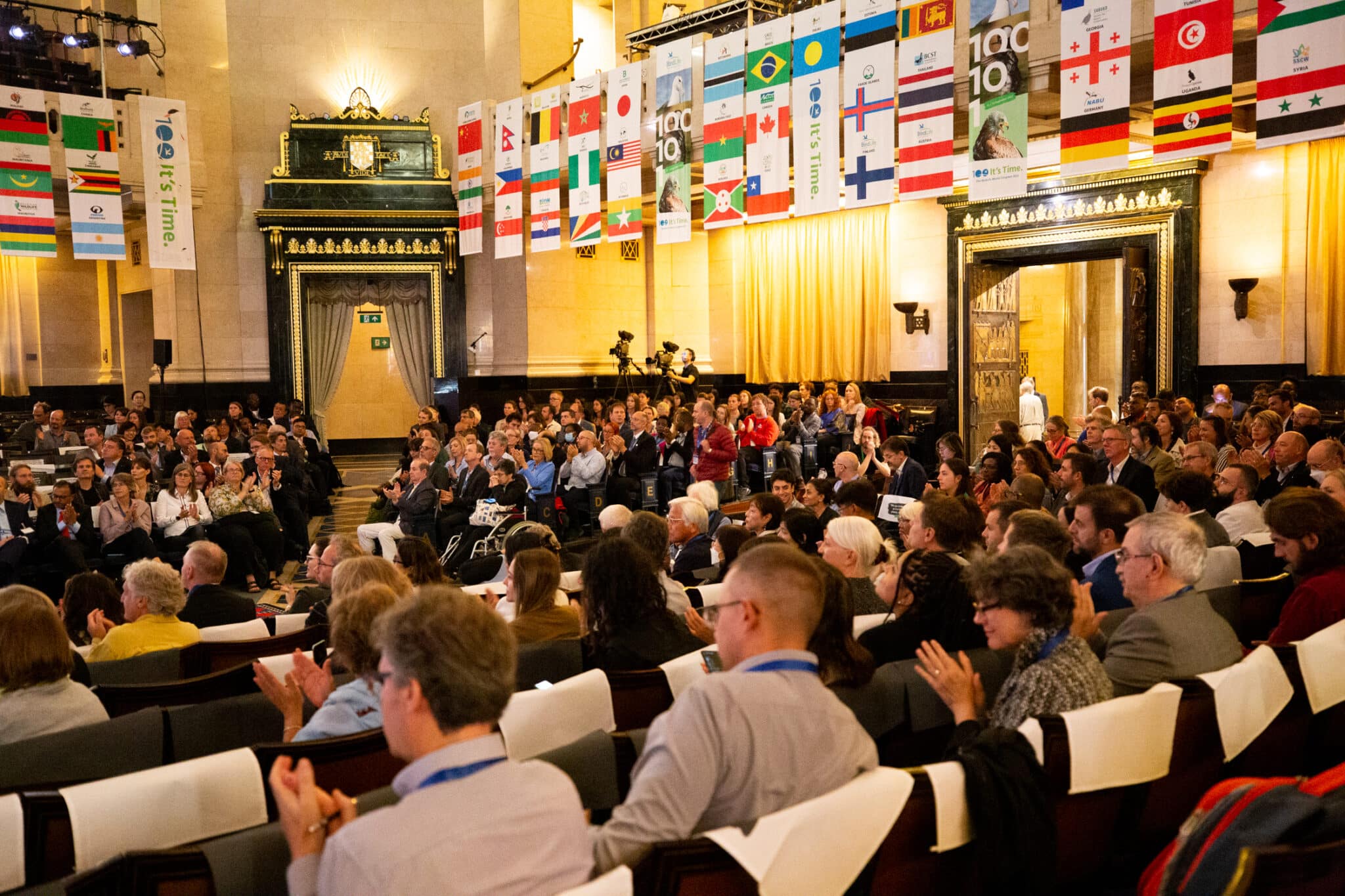


Most participants as the Conference ended headed to London’s famed Victoria and Albert Museum for the 100th Anniversary dinner. With beverages supplied in imaginative variety by BirdLife’s partner in Project Wingman, Redbreast Whiskey, the evening kicked off in subdued celebration given the circumstances of the loss of Queen Elizabeth II. Project Wingman is Redbreast Whiskey’s collaboration with BirdLife International to help us “keep common birds common” through direct financial support through promotions, sales of its famed whiskey in a jointly designed elegant bird feeder and holding the annual Robin Redbreast Day, this year globally on 17th November 2022.
The dinner opened with welcome remarks by BirdLife’s Honorary President, Her Imperial Highness Princess Takamado of Japan.
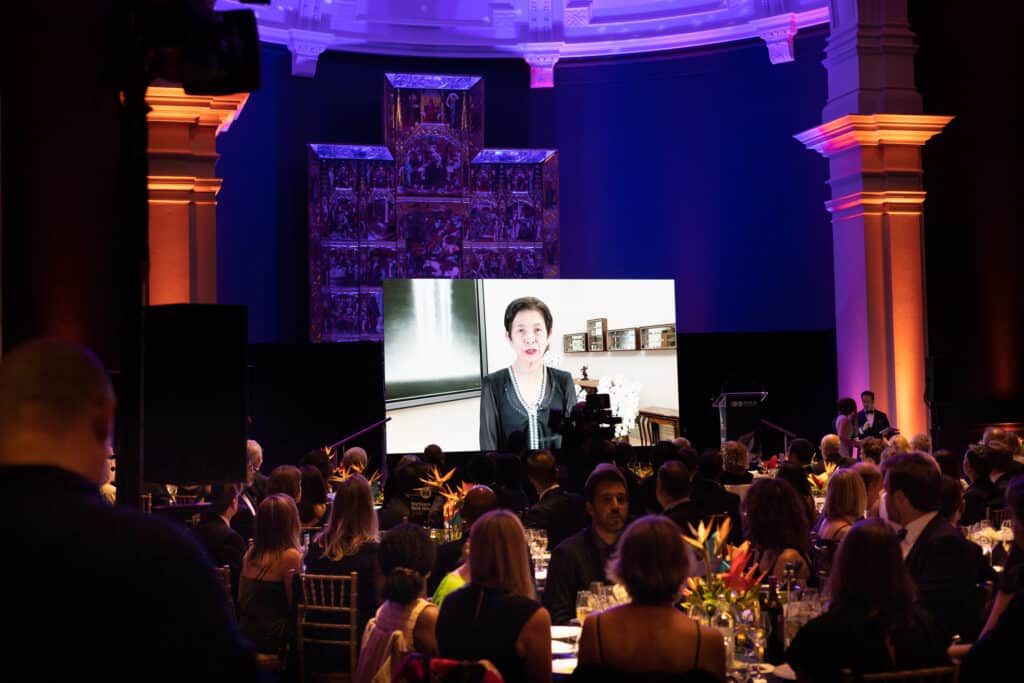
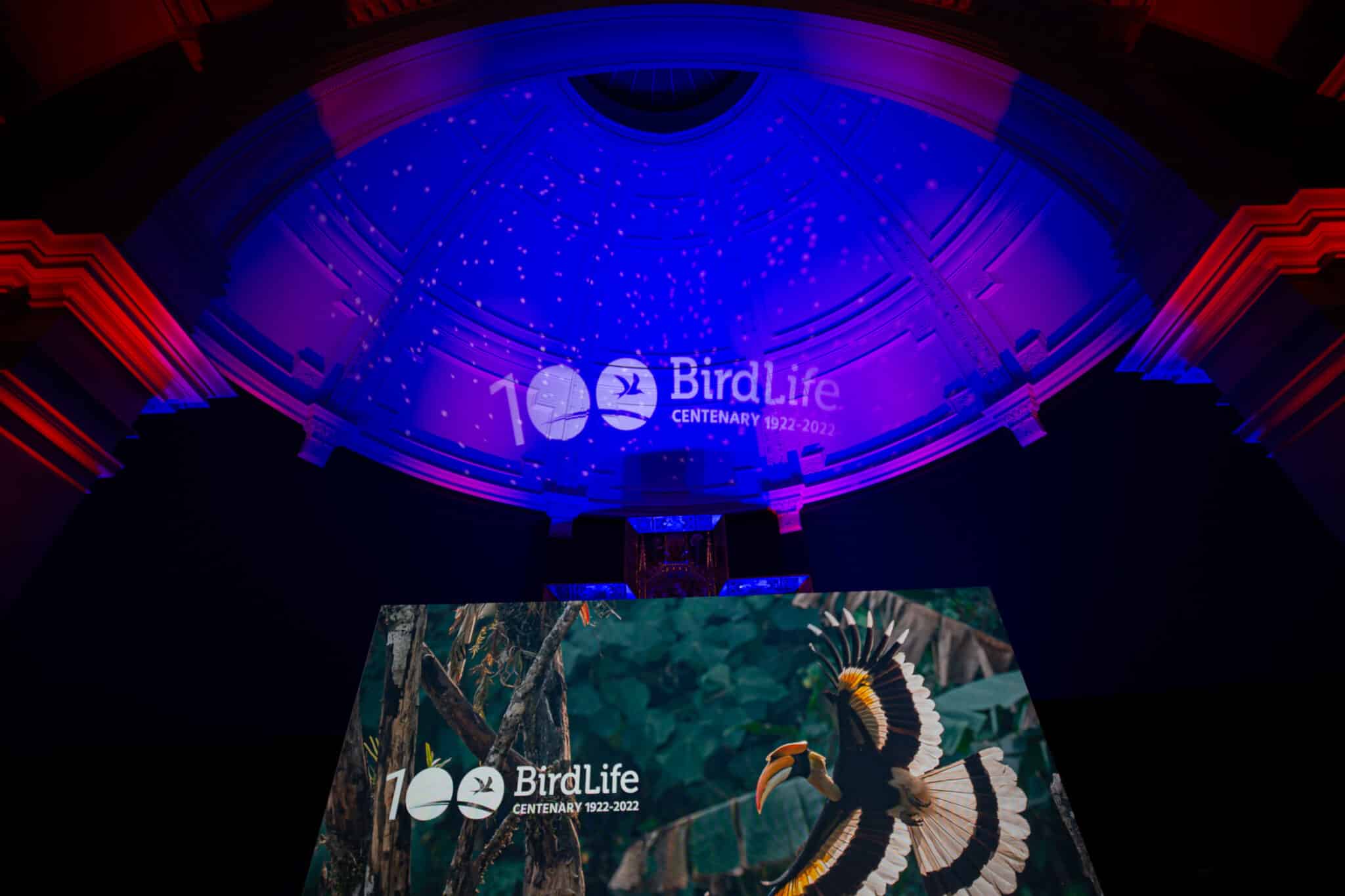

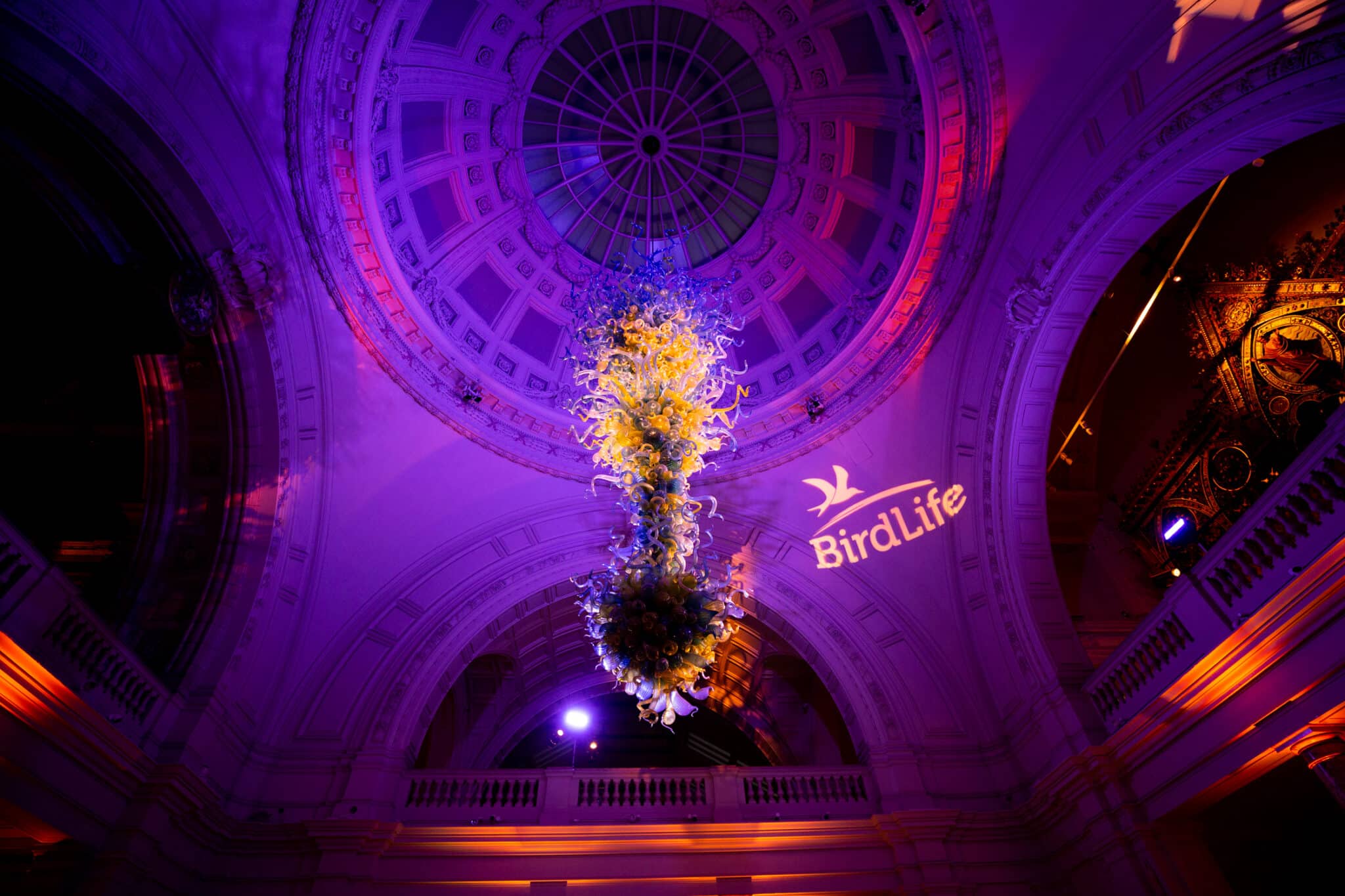
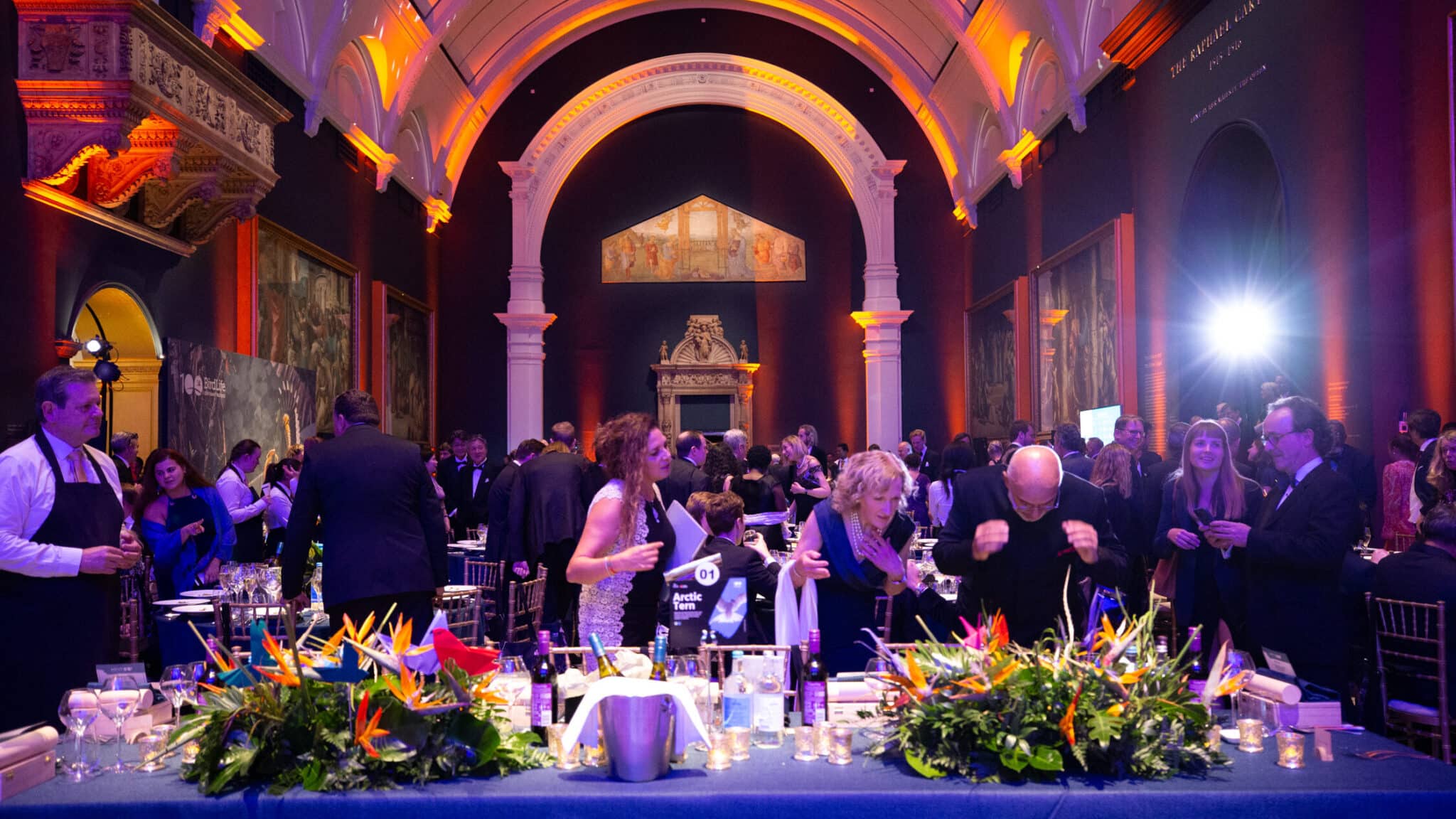
We were privileged to receive a video from then HRH Prince Charles speaking to his love of the albatross with a call to arms to BirdLife and his appreciation for our work. Due, of course, to Her Majesty’s passing and the national period of mourning, we did not share the video at the 100th Anniversary dinner.
A highlight of the evening was the acceptance by Sir David Attenborough of the BirdLife President’s Award, who addressed the assembled throng on video to express his gratitude and salute BirdLife’s 100th birthday.
Another exciting greeting and congratulatory message was received from Margaret Atwood, former Co-Chair of BirdLife’s Rare Bird Club and a treasured advisor.
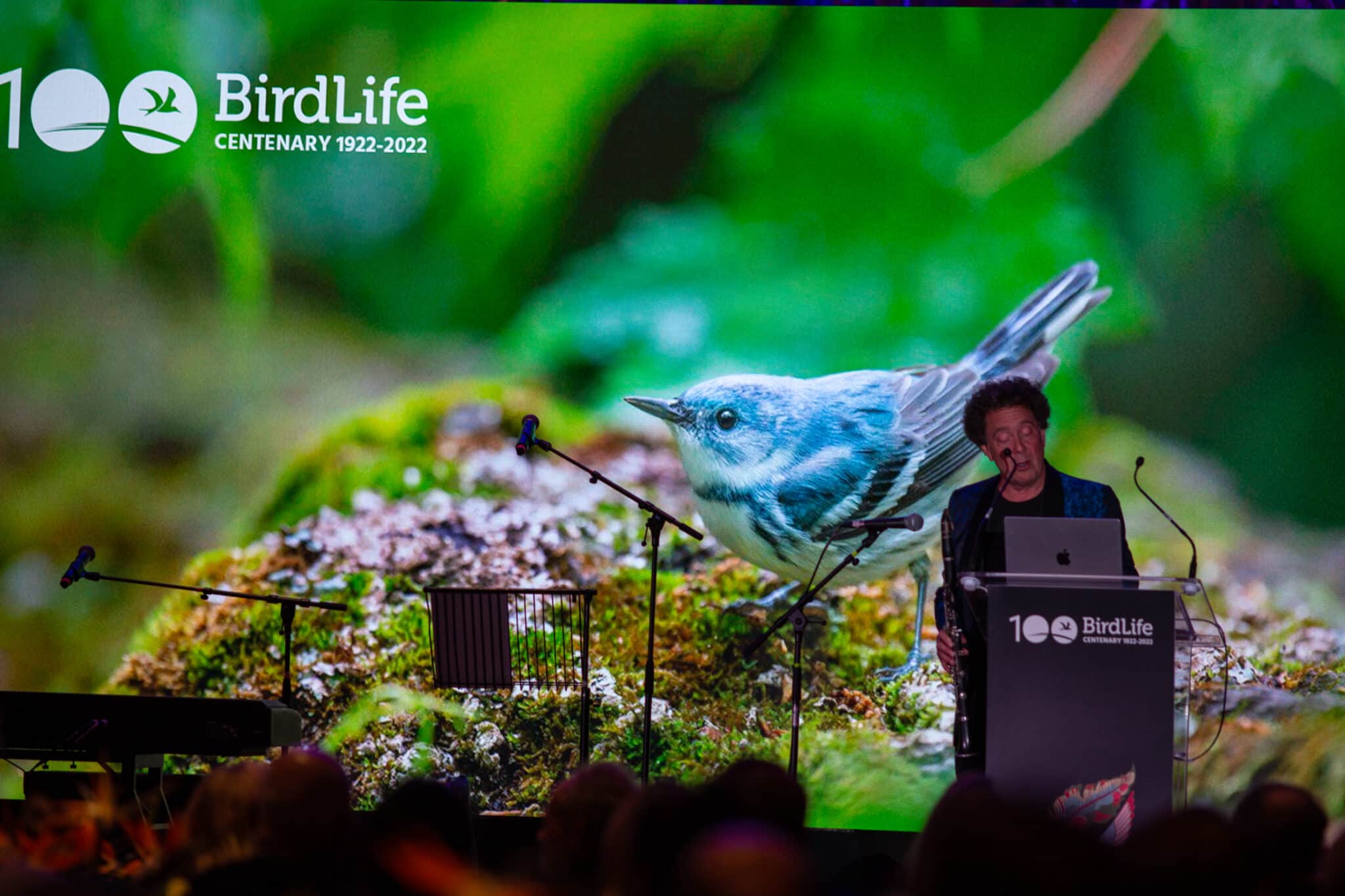

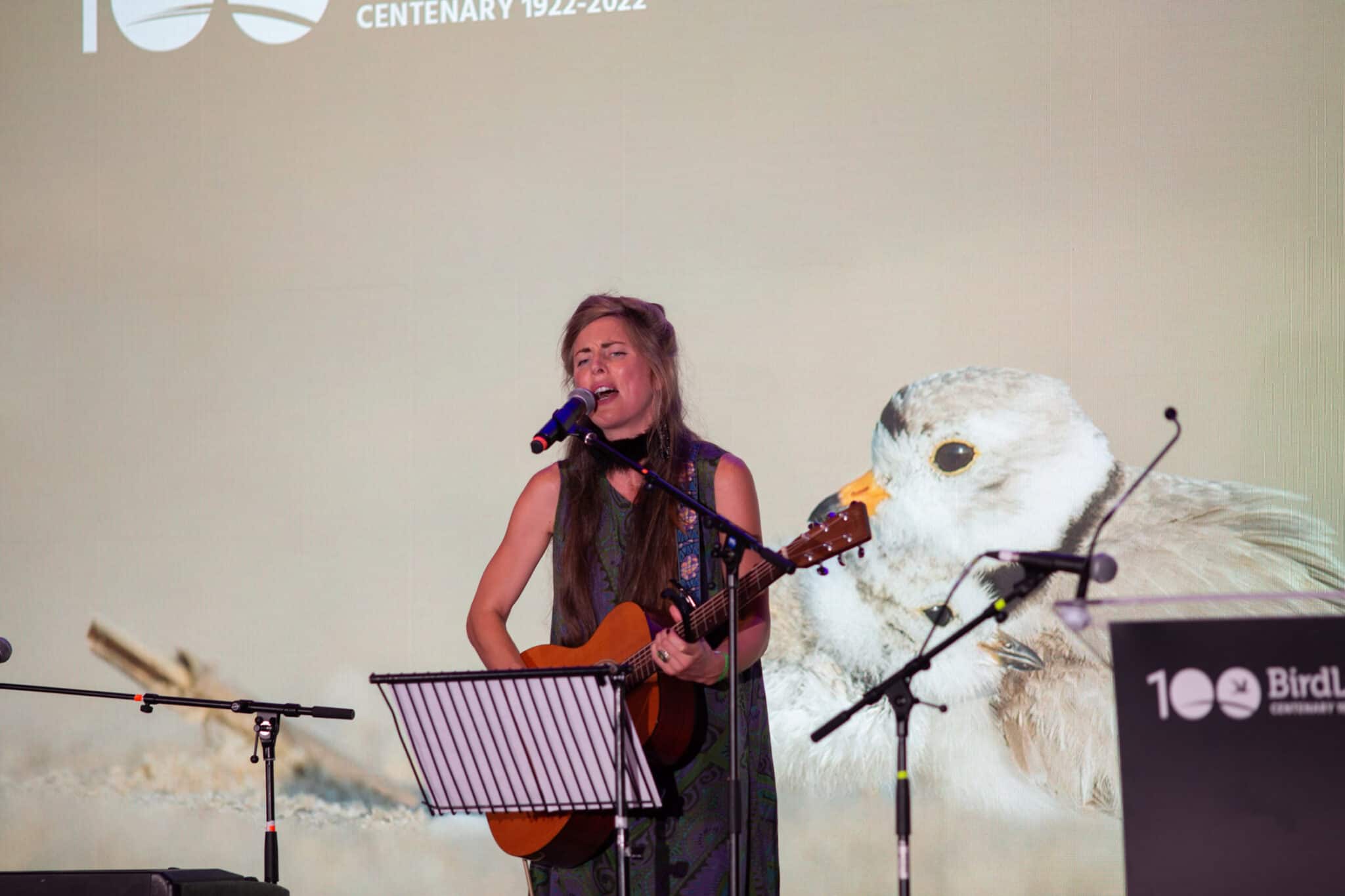
Delivered live and in person, however, was the electrifying speech of Christian Cooper entitled “Wendy Paulson was Right!”.
With that provocative and slightly insider kick-off, Cooper delivered a far-ranging, personal and stirring challenge to all attendees and BirdLife’s global family. Wendy Paulson was in the room with her husband Hank to receive Cooper’s tribute. As one of the key founders and initial members of BirdLife’s important Advisory group, Paulson and Cooper crossed paths when she got him volunteering in New York City public schools teaching children about birds. A long-time educator, in particular about nature and birds, Paulson had apparently been trying for years to get Chris to appreciate the common rock pigeon, what many think of simply as a common urban pigeon. Cooper admitted that he had turned up his nose, like perhaps many dedicated birders, preferring instead species deemed more “real”.
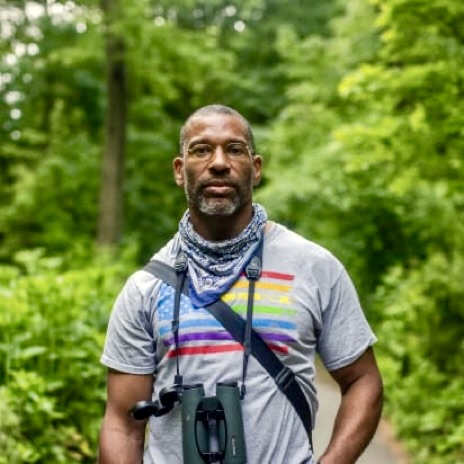
An anecdote Chris recounted explained why Paulson was right. Early on in his work with young 9 and 10 year olds, Cooper encouraged his students to write down the one thing they would like to know about birds. And one boy, José, scribbled a question Cooper tried his best to decipher, “why do birds eat while they’re having sex”. Over his momentary shock and dilemma about the answer to that one, it dawned on Cooper the actual question he had missed in the boy’s hieroglyphics was “why do birds eat insects”? And following his relief, came a profound “aha” moment in which he realised a more fundamental question coming from many of his young students, “many of them Black and brown, sometimes articulated in words or maybe in just a bad attitude: What do I care about birds.”
Cooper said “That’s a great question, especially from these (urban) children, some of them from families that face daily existential challenges like poverty, hunger, homelessness; and even when they aren’t confronted with those struggles, they face a sterile sea of concrete outdoors and a wasteland indoors, the wasteland of seductive pixels that’s just as sterile, from all the devices they’re tethered to. Answering that question—why should I care about birds?—for the coming generations is the great challenge for all of us.”
Although BirdLife “owns” the science, the facts, the trends and the policies, he implored us to remember that “nobody cares about science” and without “feeling” birds, and an emotional connection, caring about them was unlikely to happen, and with that not caring about nature, biodiversity, climate and saving the planet. As Chris said “Emotional connection is key if someone is going to bother about something, take action about something. And fostering an emotional connection to nature is where we too often fail kids like José.”
And furthermore, “Expanding a love of birds to new people, to different people, is essential because **otherwise there won’t be a constituency for the protection of birds and their habitats.** It’s that simple. If we want to guarantee a healthy diversity of birds in the world’s future, then there MUST be a healthy diversity of PEOPLE who value the birds.” He pointed out that “The UN says that 55% of the world’s population lives in urban areas, and that proportion will rise to 68% by 2050.”
And so back to Wendy Paulson and the seemingly humble Rock Pigeon… As Chris said, “If we are facing a world with a growing number of city dwellers, well, there are birds in cities, so let’s get those city dwellers started appreciating what’s in their own backyard. We have an ambassador for that (and this is where Wendy is going to keel over in shock): that ambassador is Columba livia, the Rock Pigeon. This, then, is the challenge for BirdLife’s next 100 years: To expand an understanding of WHY birds matter, to the greatest diversity of people, just as you have made the HOW of bird conservation apply to the greatest diversity of birds.”
Download Christian Cooper’s full speech
A plethora of awards to worthy conservationists and supporters were handed out at many of the events. Details and photographs of these exciting tributes will be covered in a future news story.
With the awards doled out, the profound thanks expressed, the achievements acclaimed, the page was turned to the first of BirdLife’s next year, its next decade, its next century. BirdLife100 looks forward. The flock is poised to take off to even greater heights and distances and our future existence is indeed in the balance.
The panoply of events wouldn’t have been possible from a range of important and very generous sponsors and supporters. Heidelberg Materials and Sibelco were supporting sponsors of both the Regional and Global Partnership events with Rio Tinto supporting The Future of our Planet conference and our BirdLife100 Anniversary Dinner.
The extraordinary range of events and participants over this marathon week is impossible to fully capture in this article and we apologise in advance for the thumbnail nature of this sketch.
“If we are facing a world with a growing number of city dwellers, well, there are birds in cities, so let’s get those city dwellers started appreciating what’s in their own backyard. We have an ambassador for that (and this is where Wendy is going to keel over in shock): that ambassador is Columba livia, the Rock Pigeon. This, then, is the challenge for BirdLife’s next 100 years: To expand an understanding of WHY birds matter, to the greatest diversity of people, just as you have made the HOW of bird conservation apply to the greatest diversity of birds.”Christian Cooper
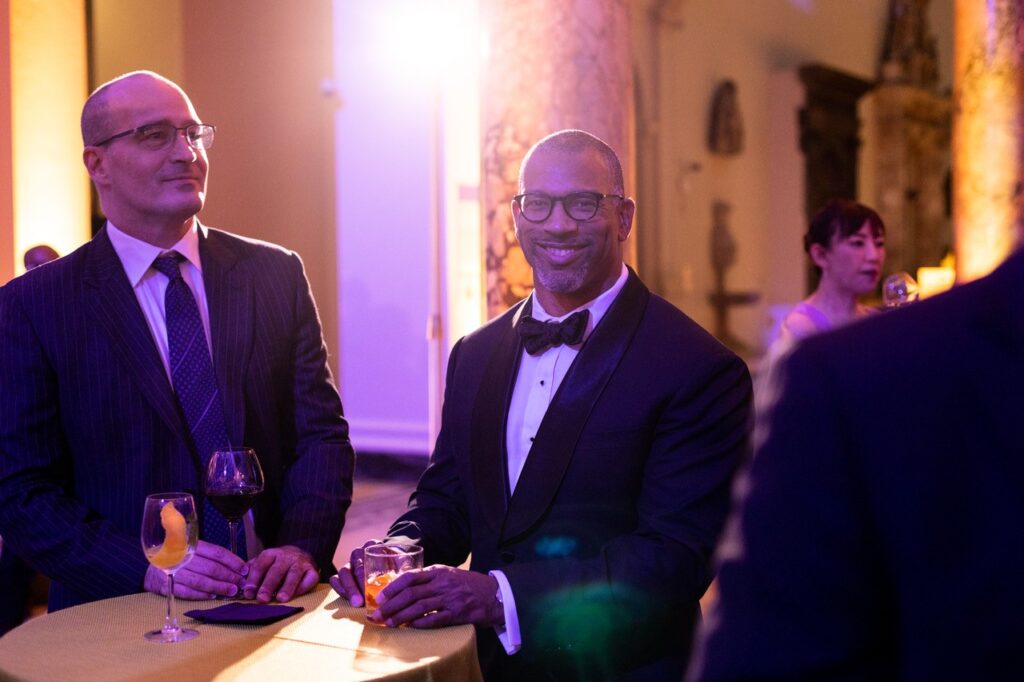
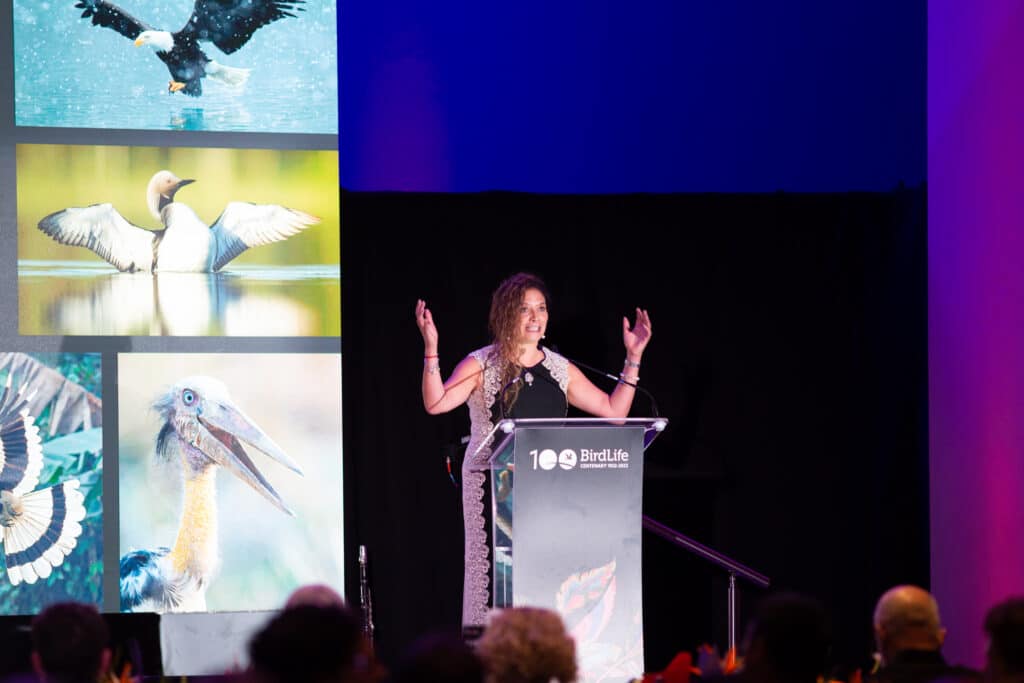
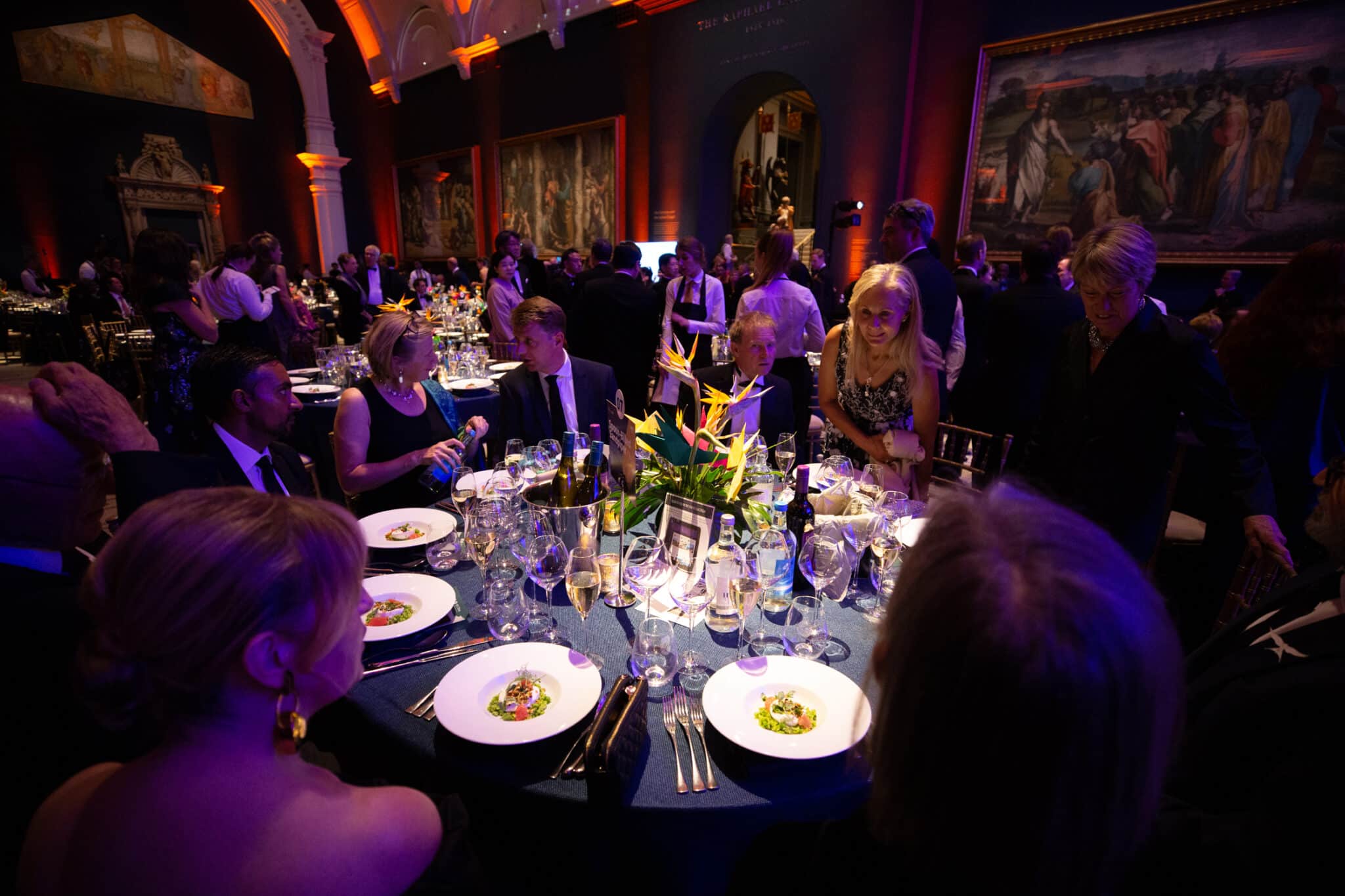

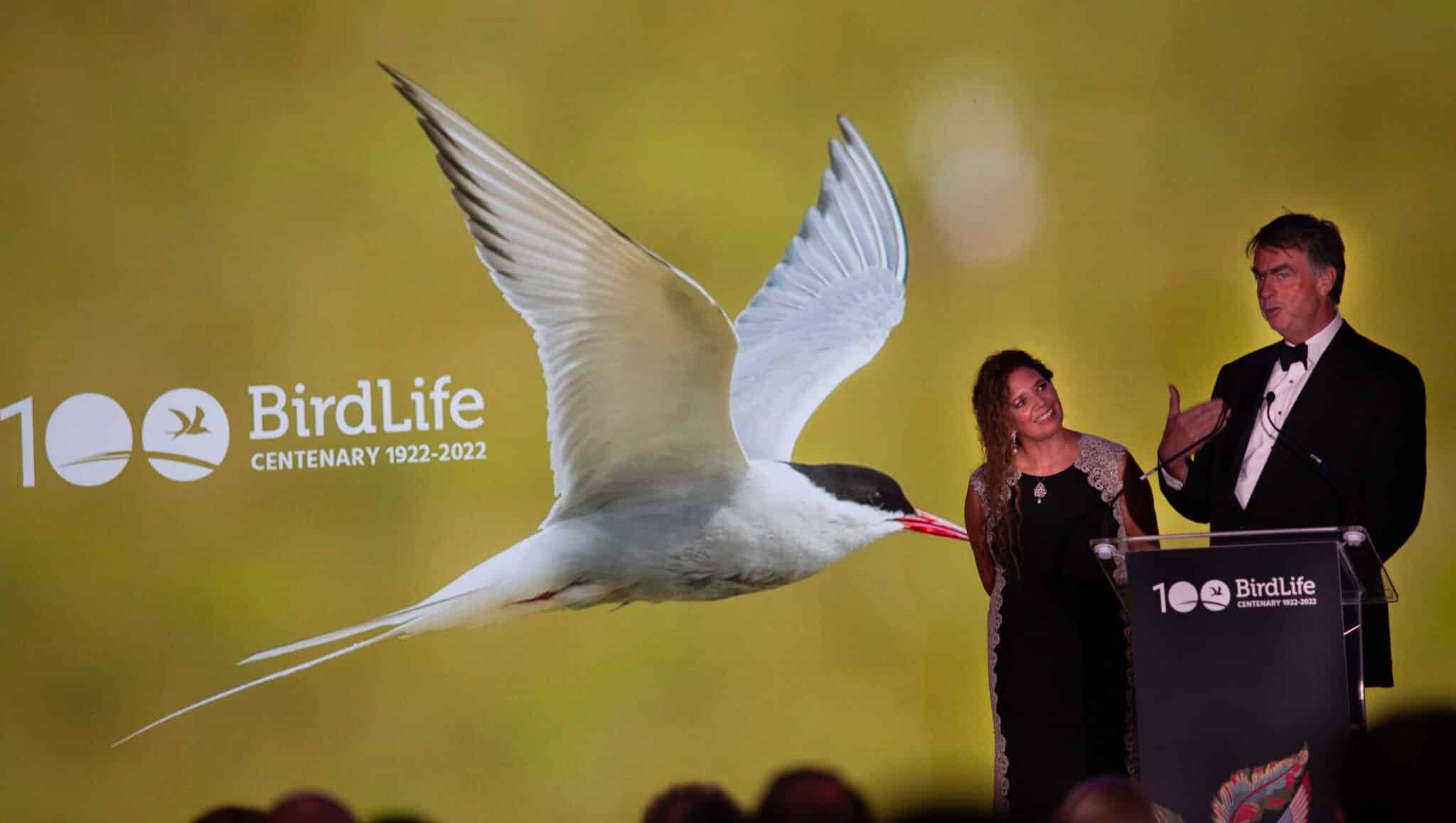

Wendy Paulson was Right!
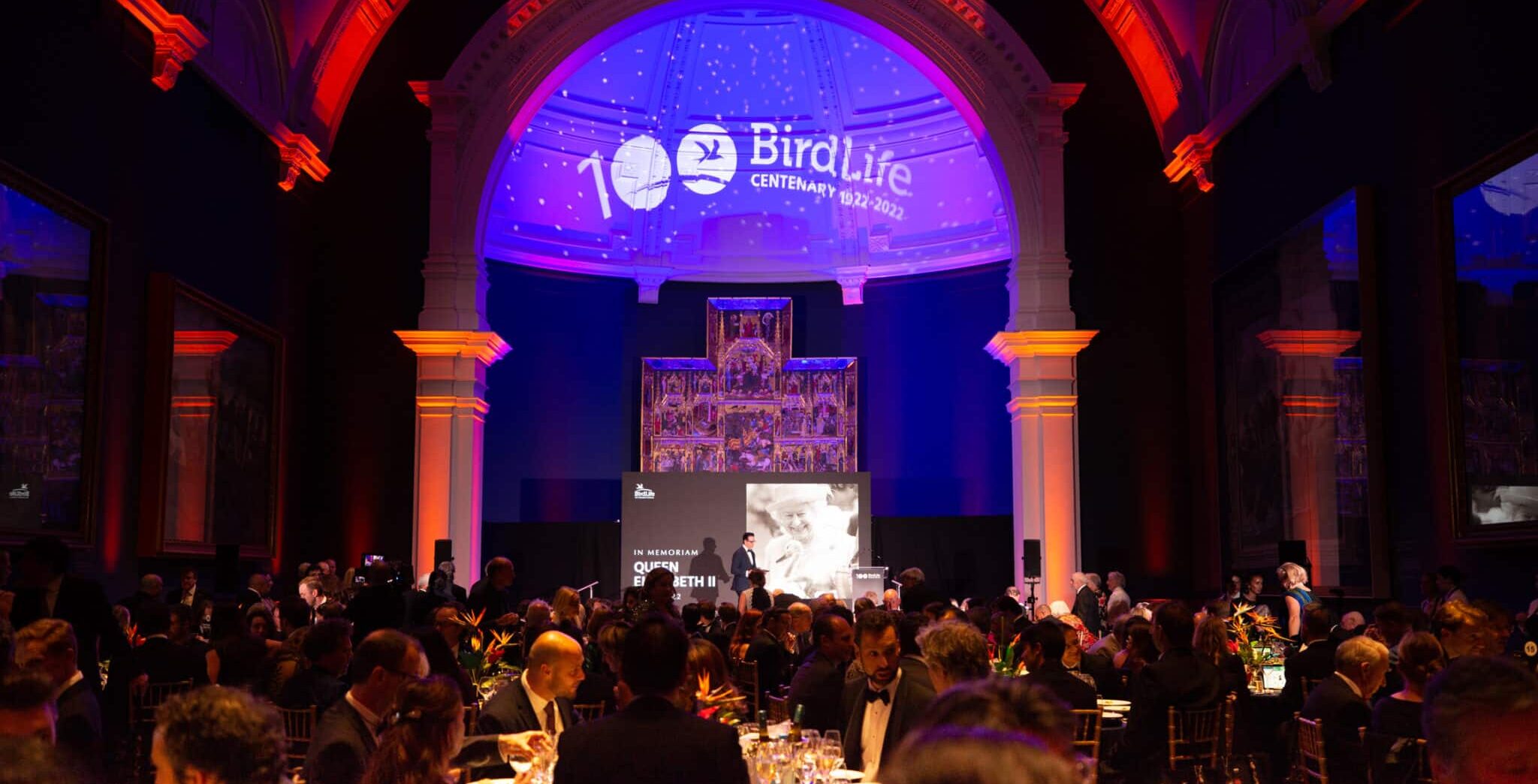
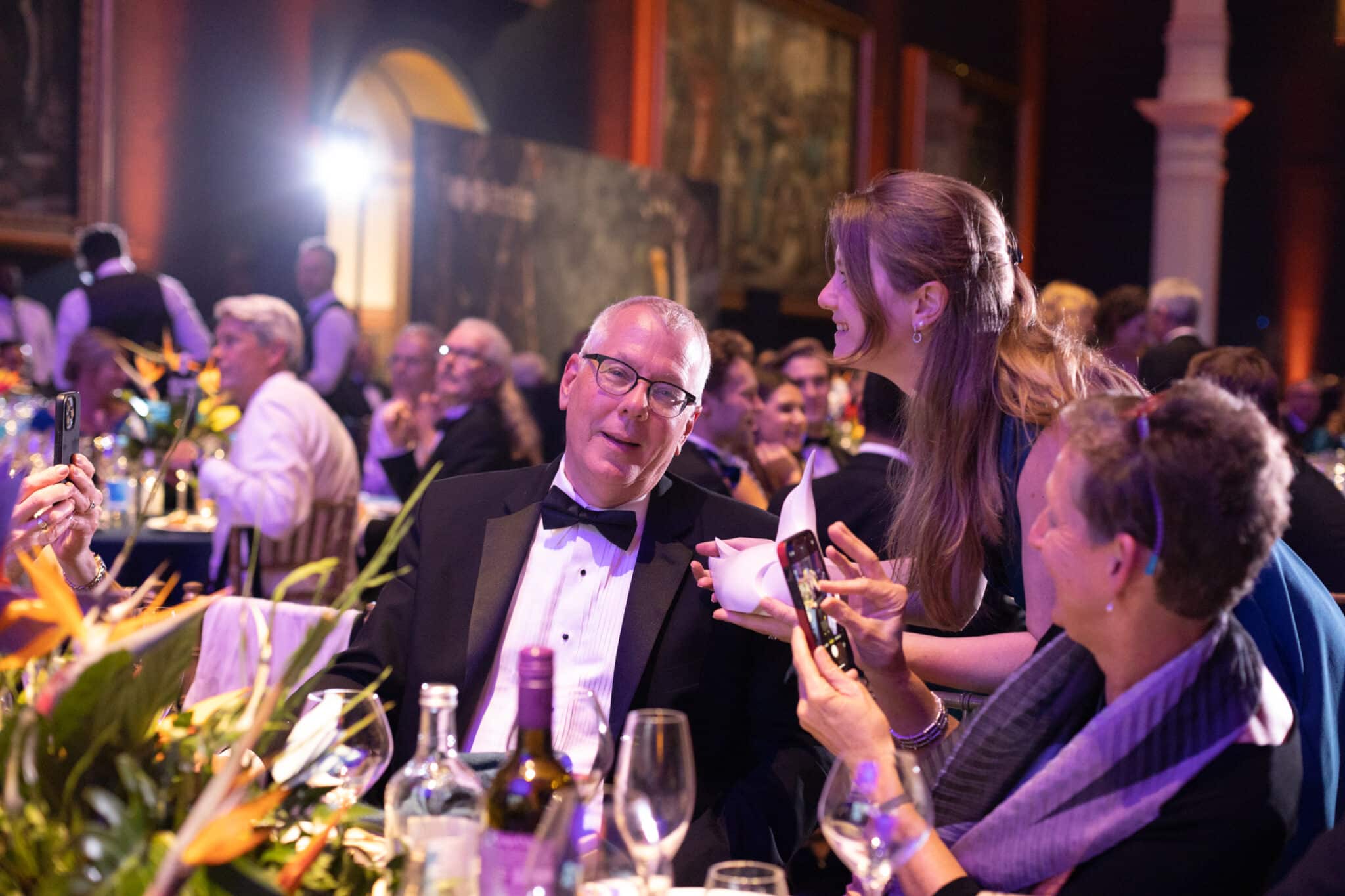
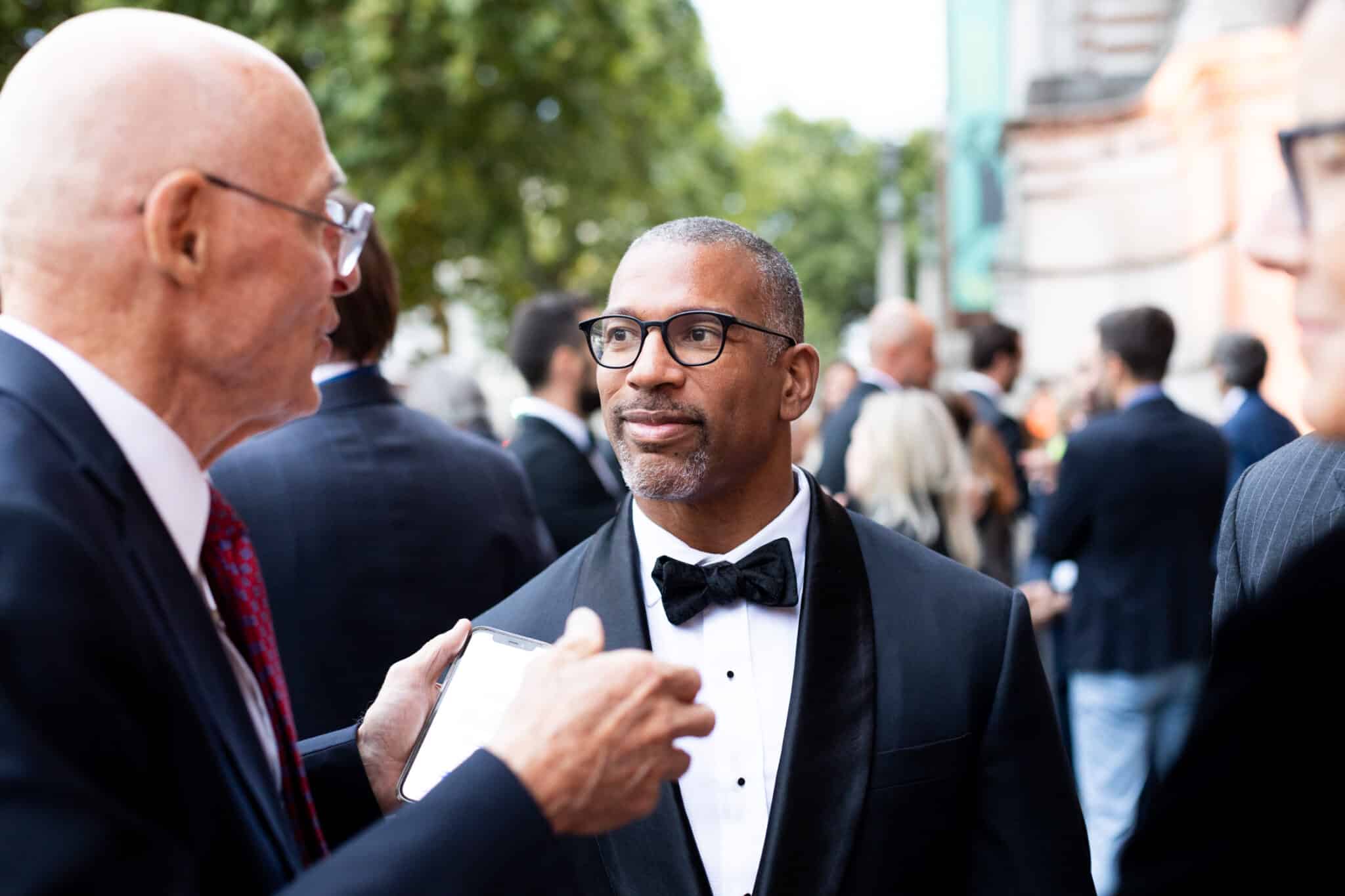
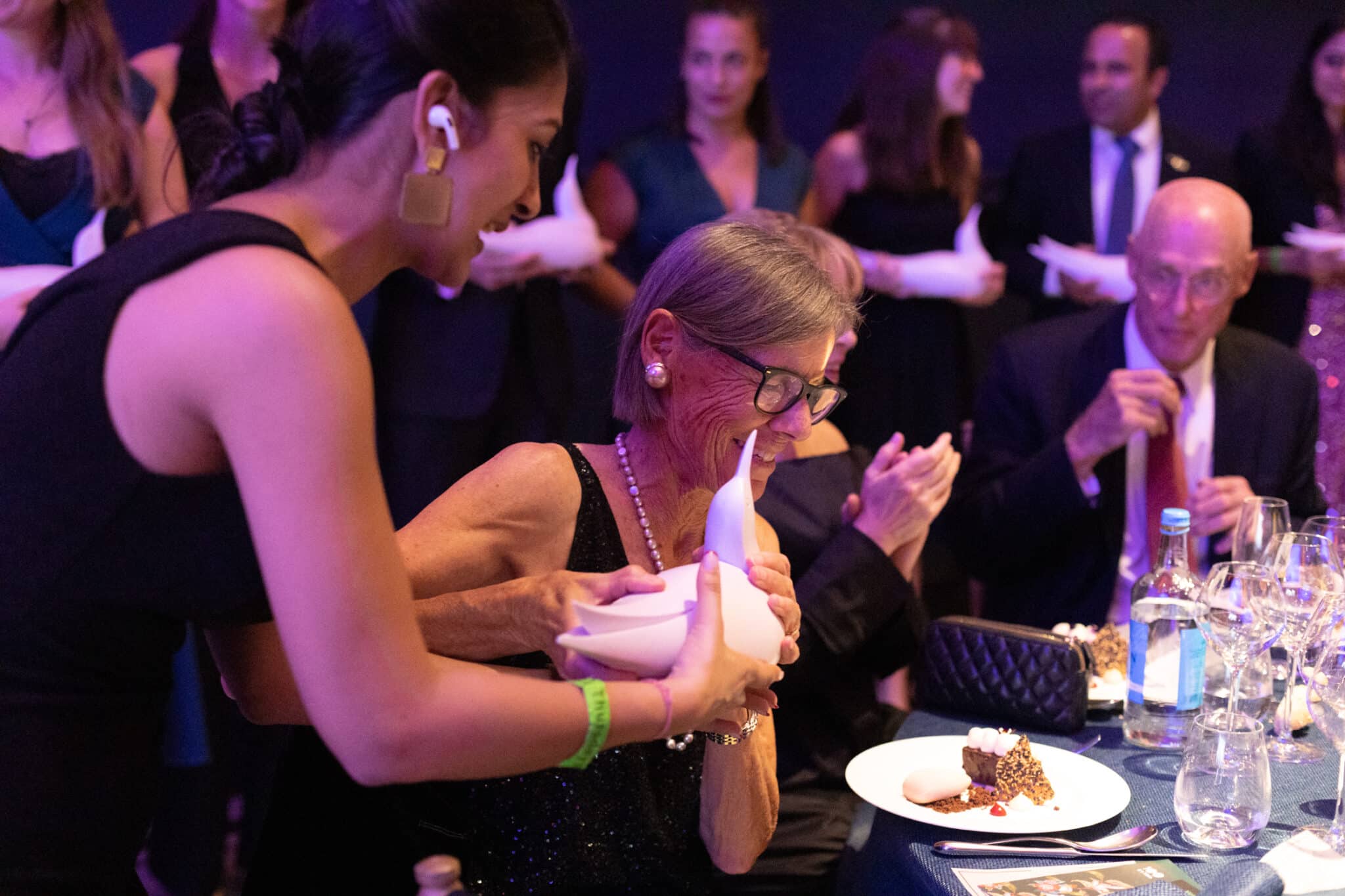
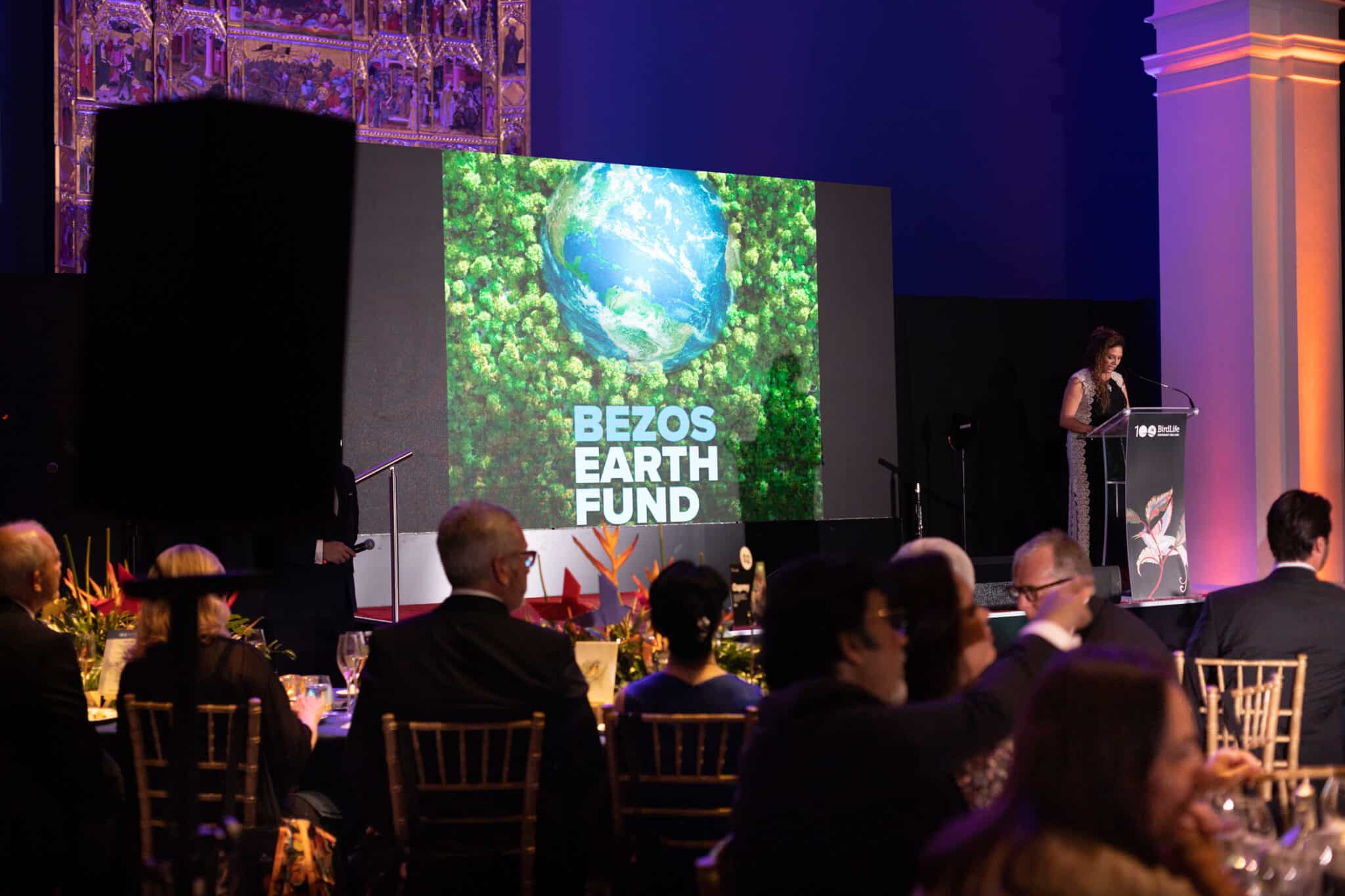



Stay up to date
Sign up to receive the latest bird conservation news. You’ll also receive updates about our projects, science and other ways to get involved including fundraising.
Thank you for your support, we are committed to protecting your personal information and privacy. For more information on how we use your data, please see our Privacy Policy. You can unsubscribe from emails at any time by using the link in the footer of any email from us.
